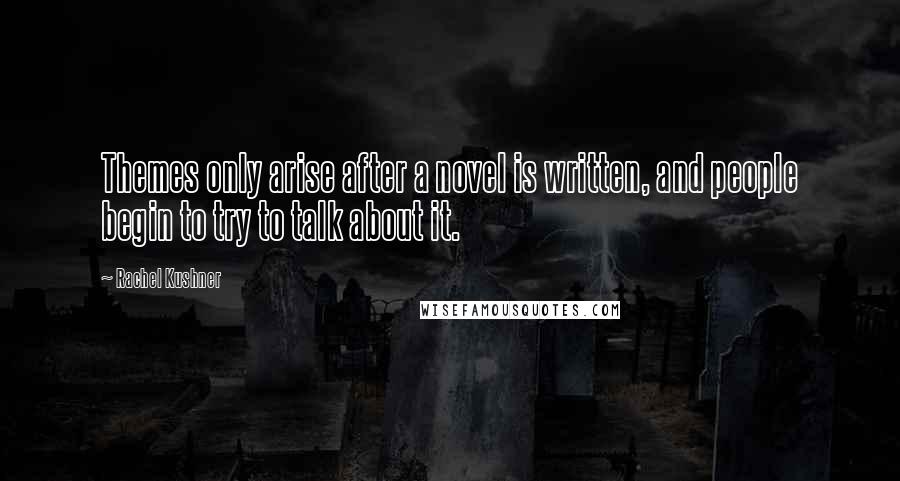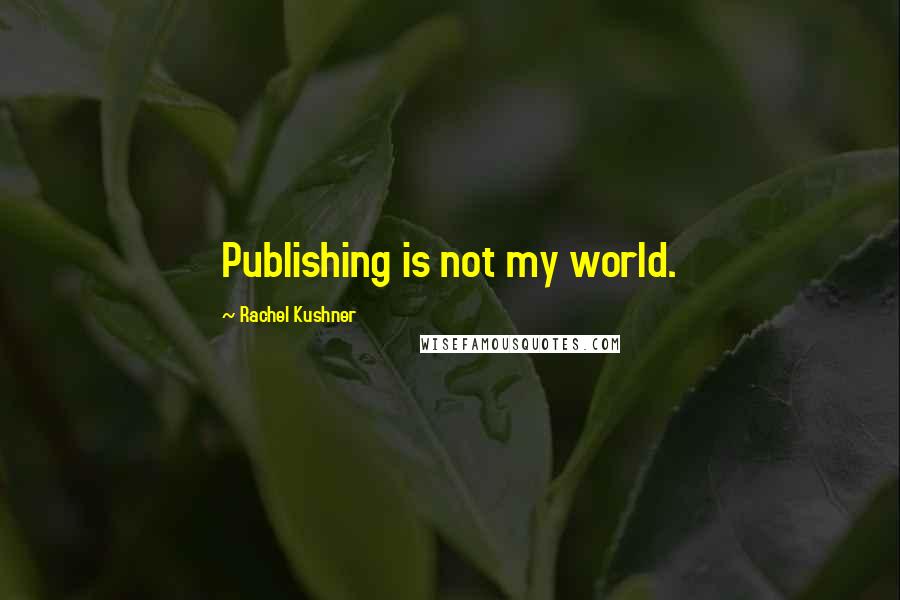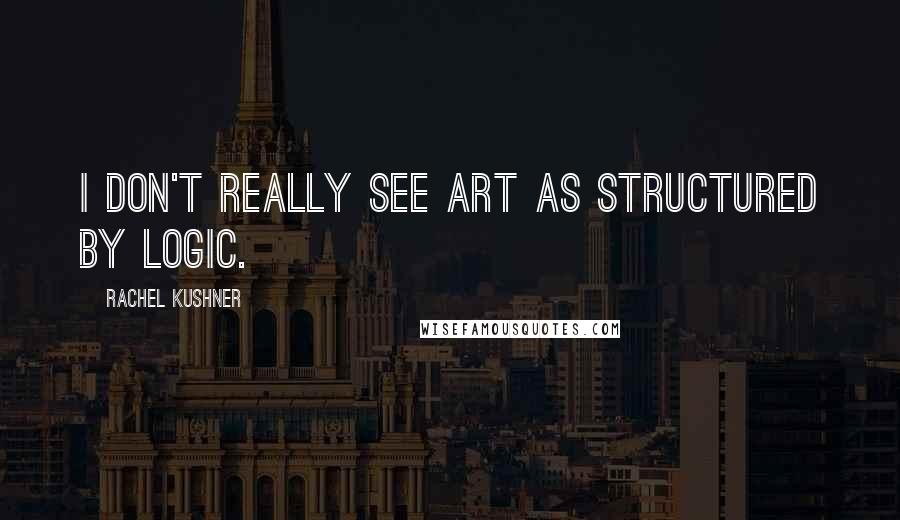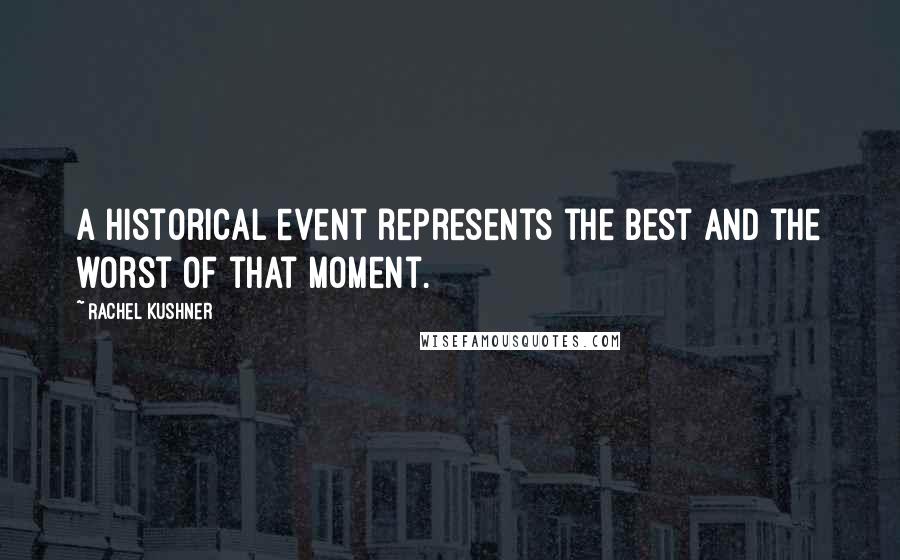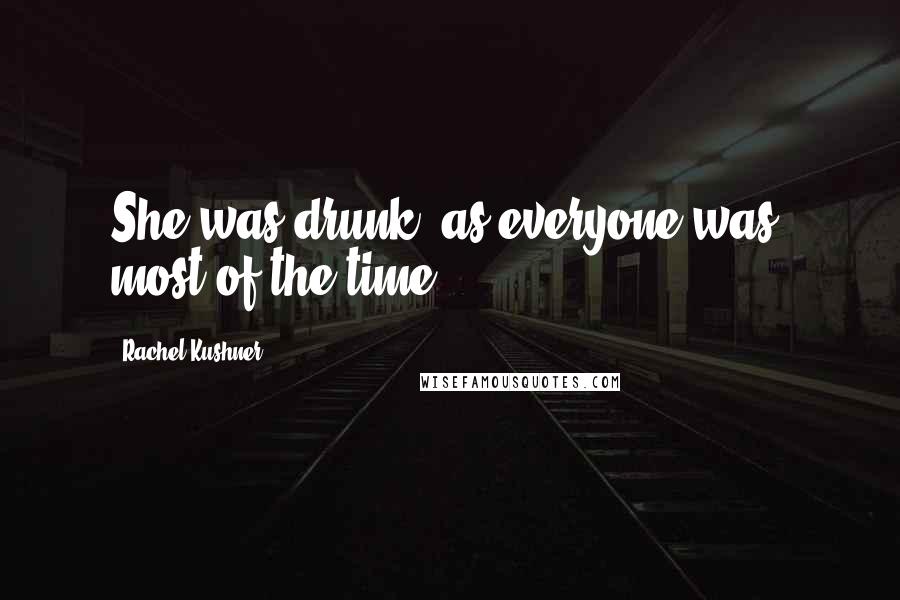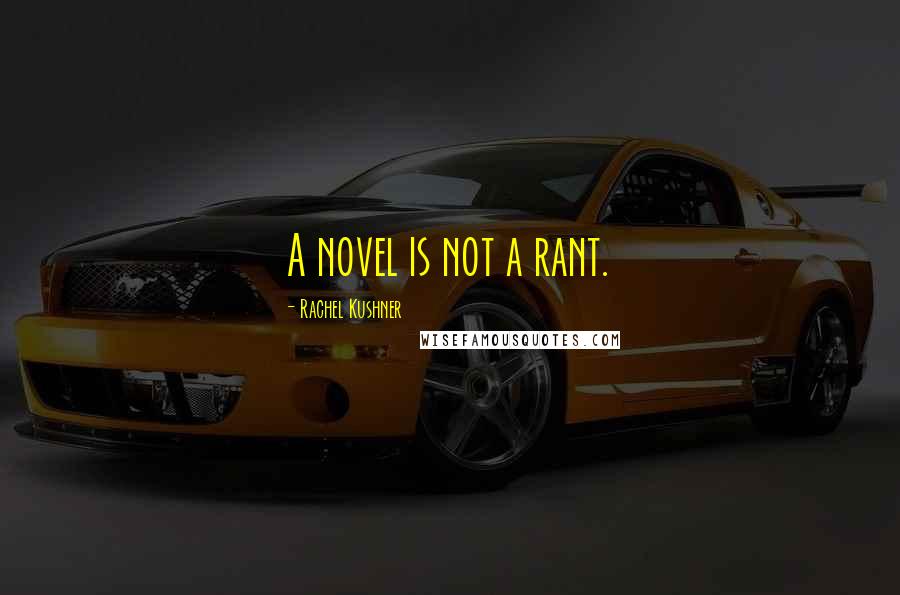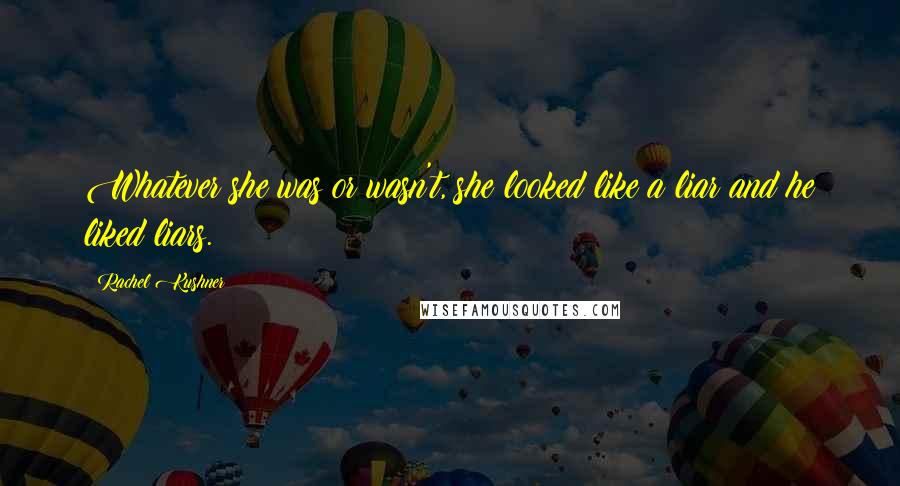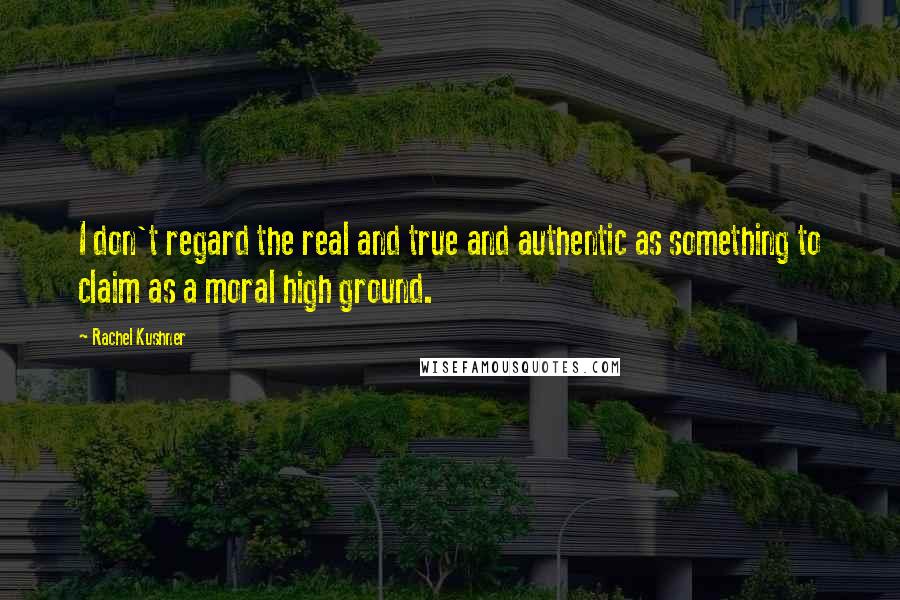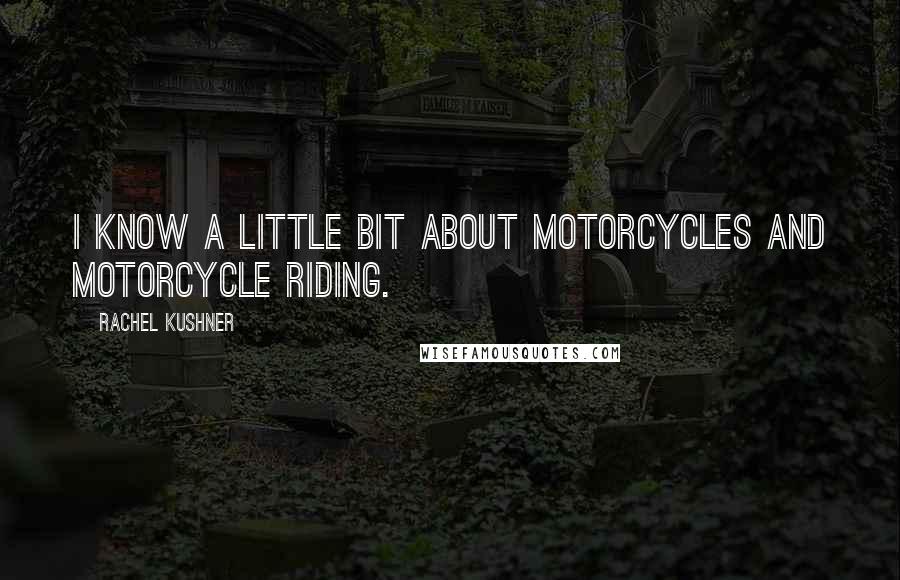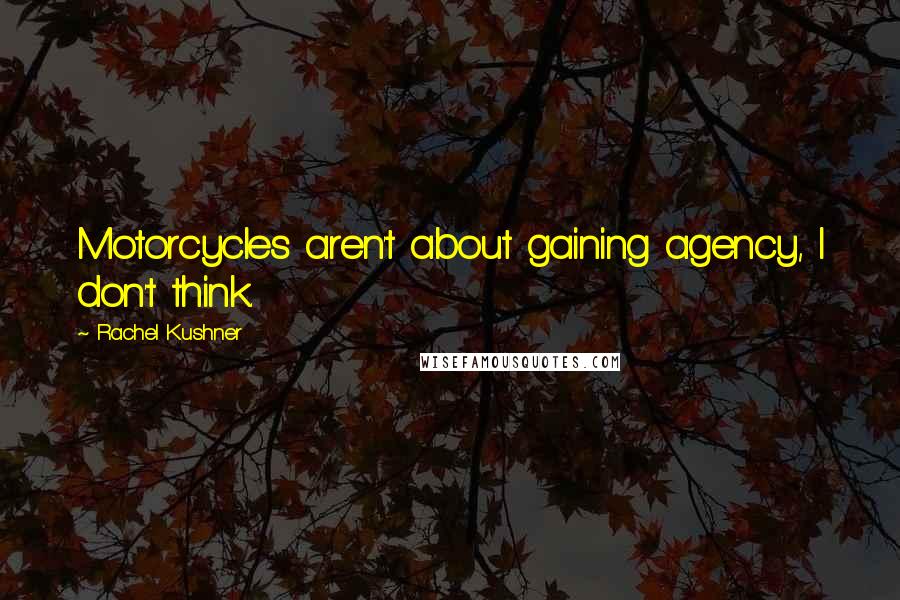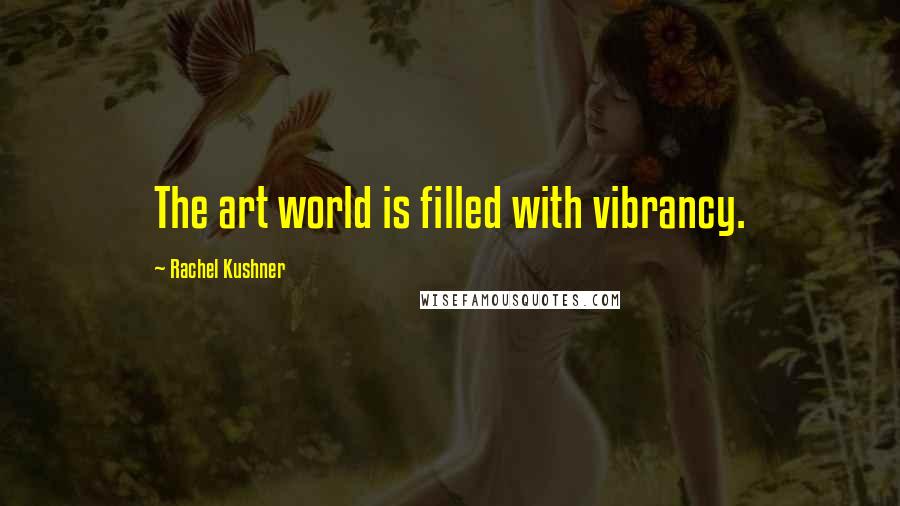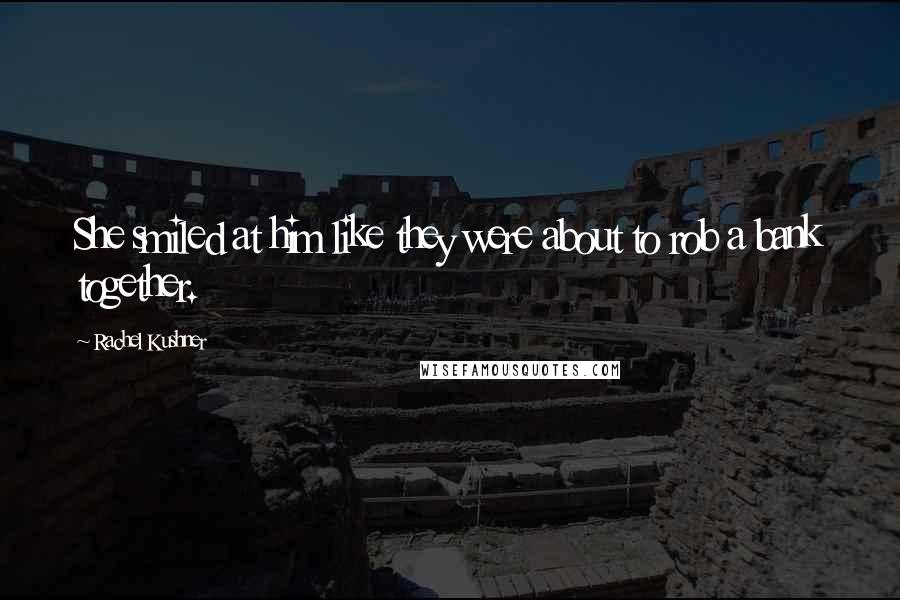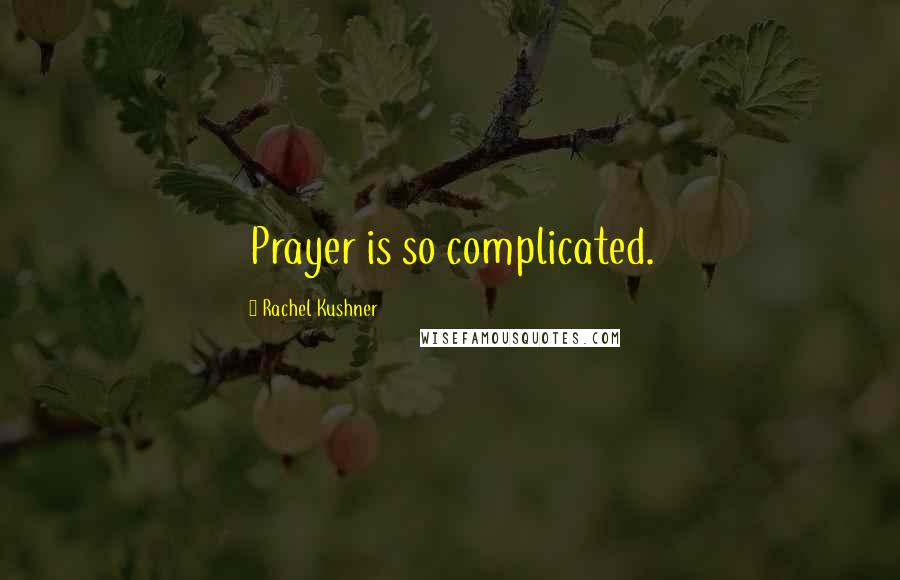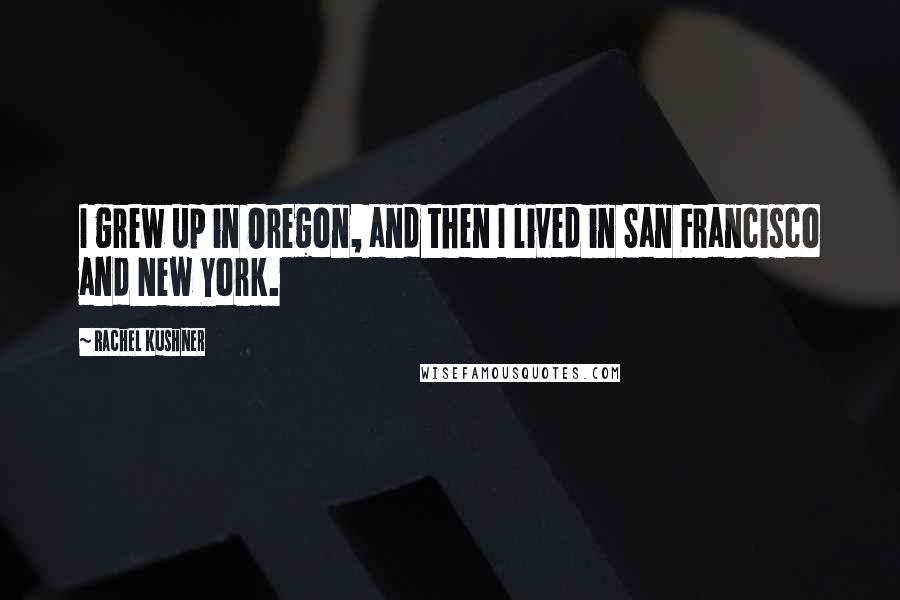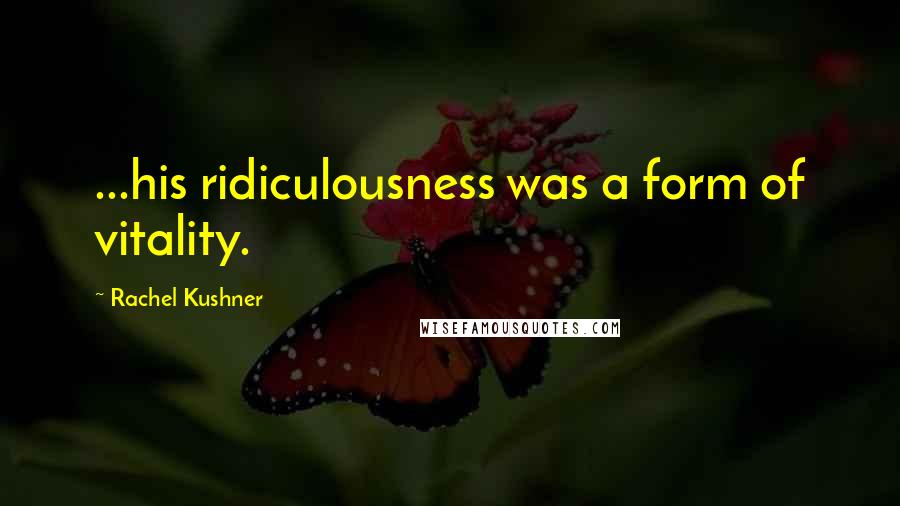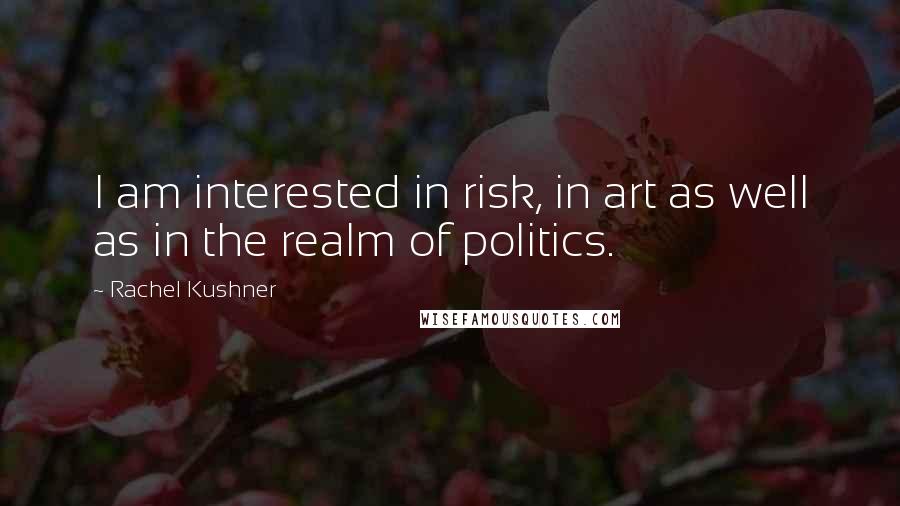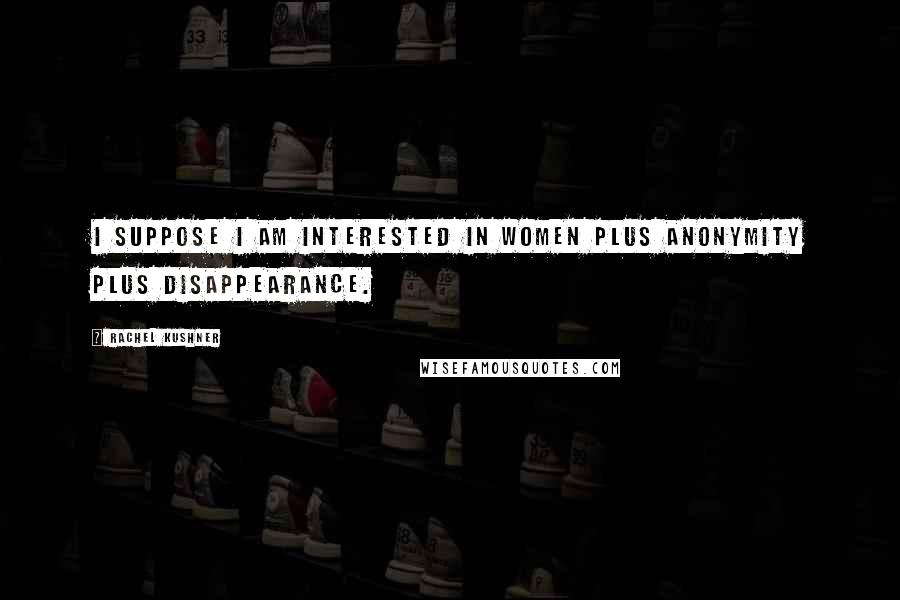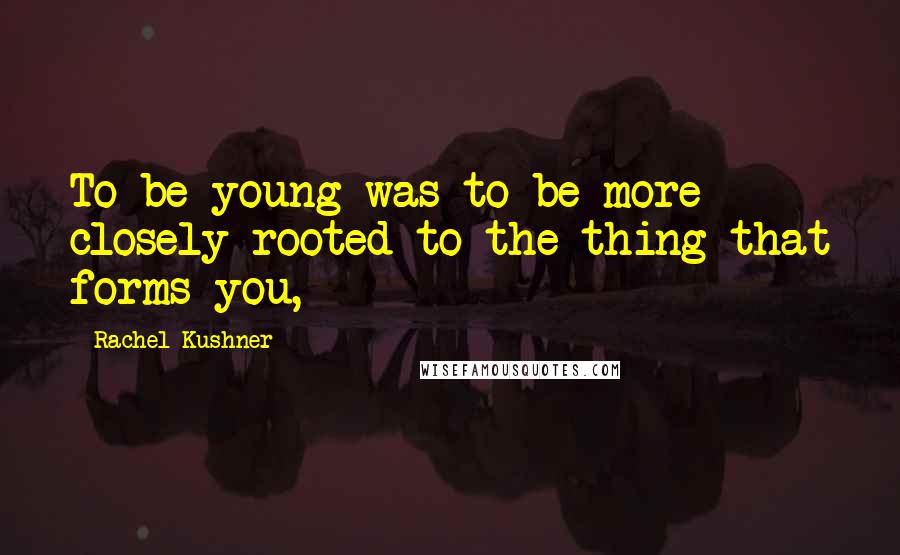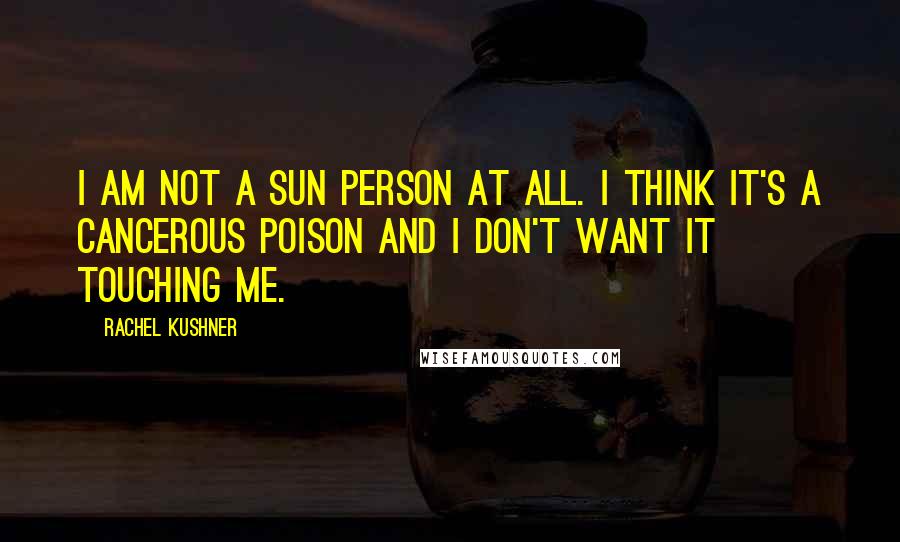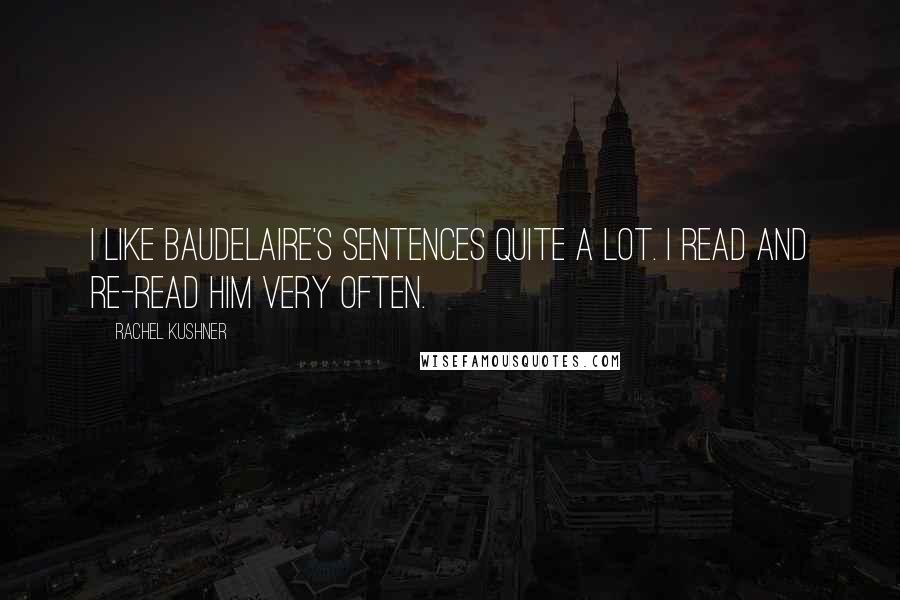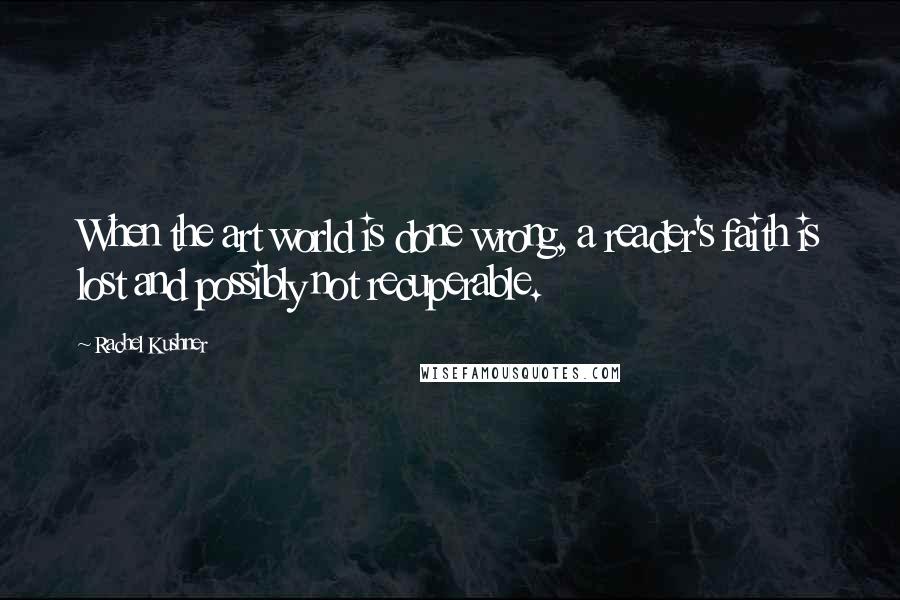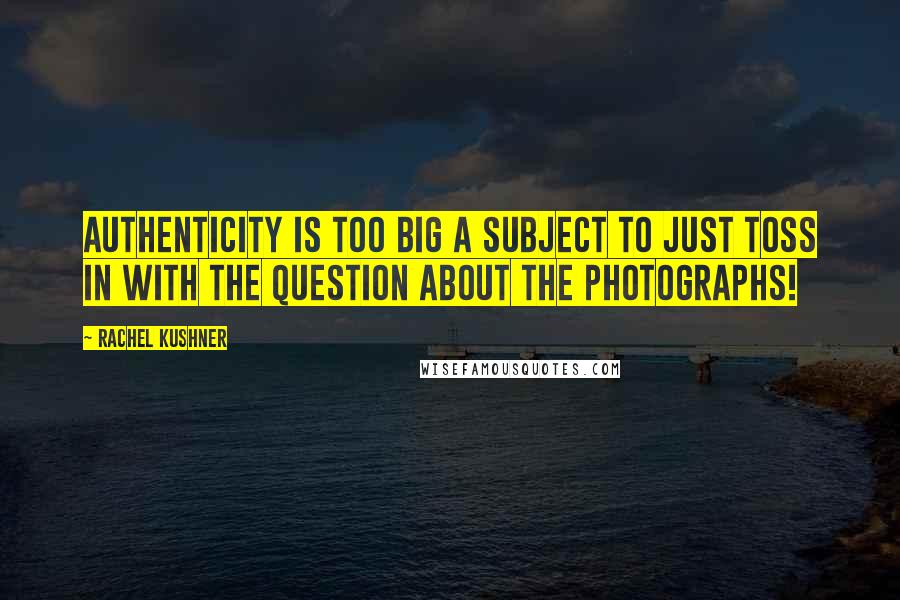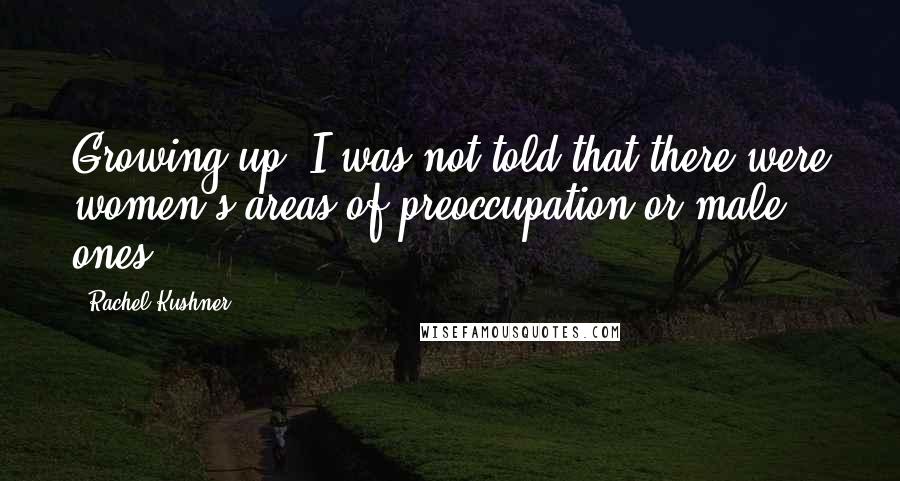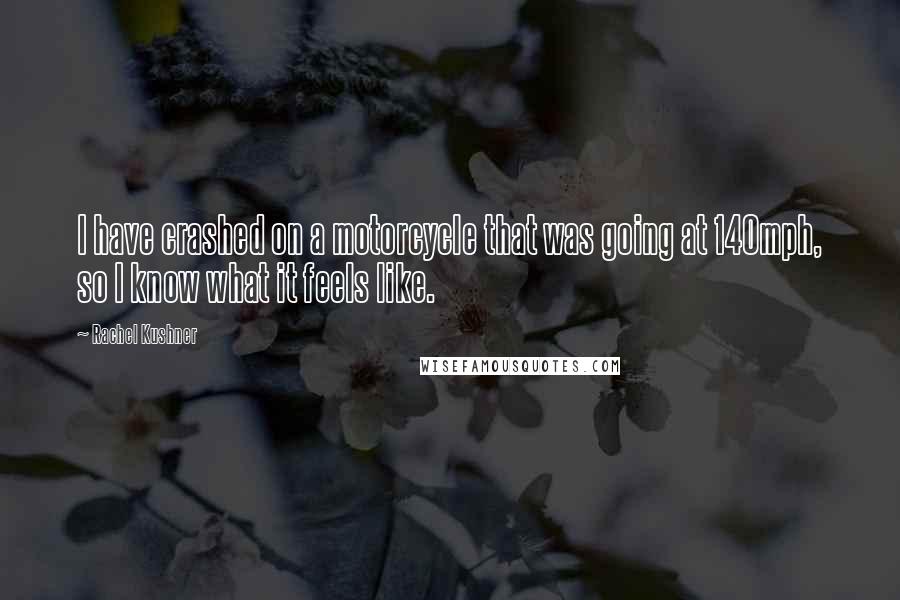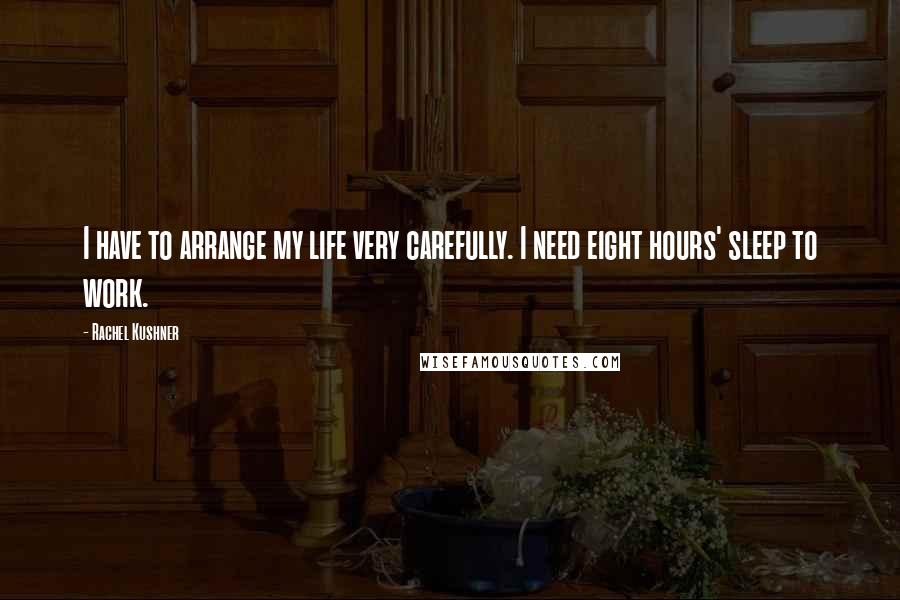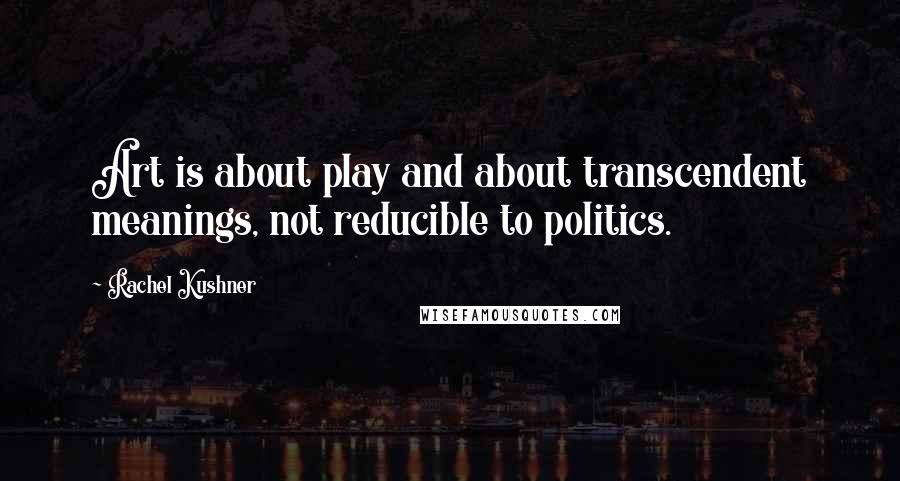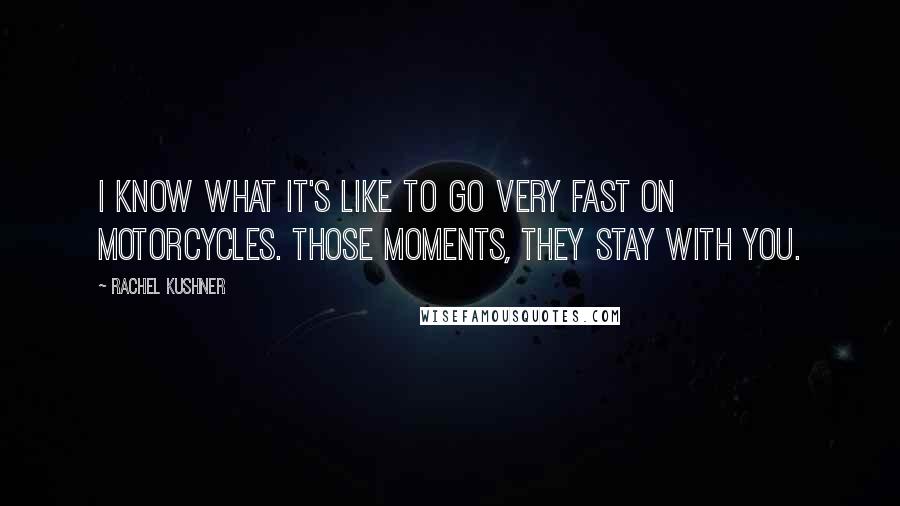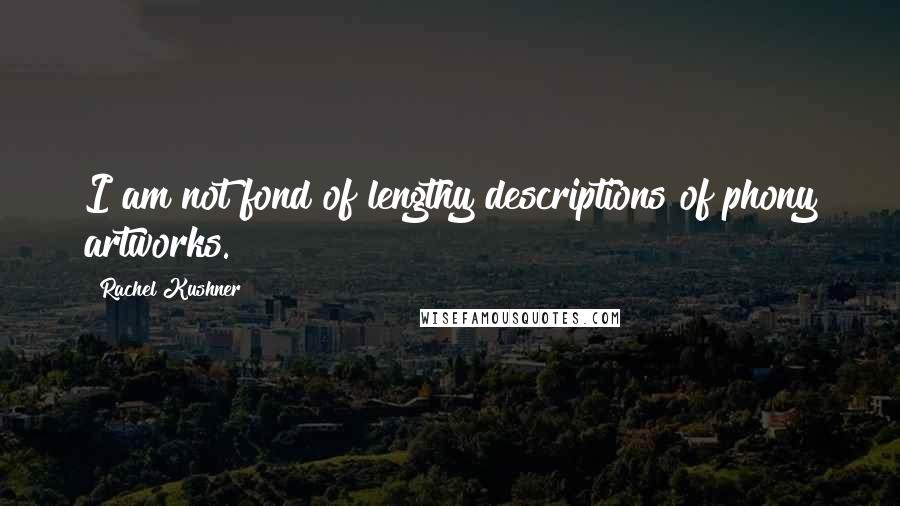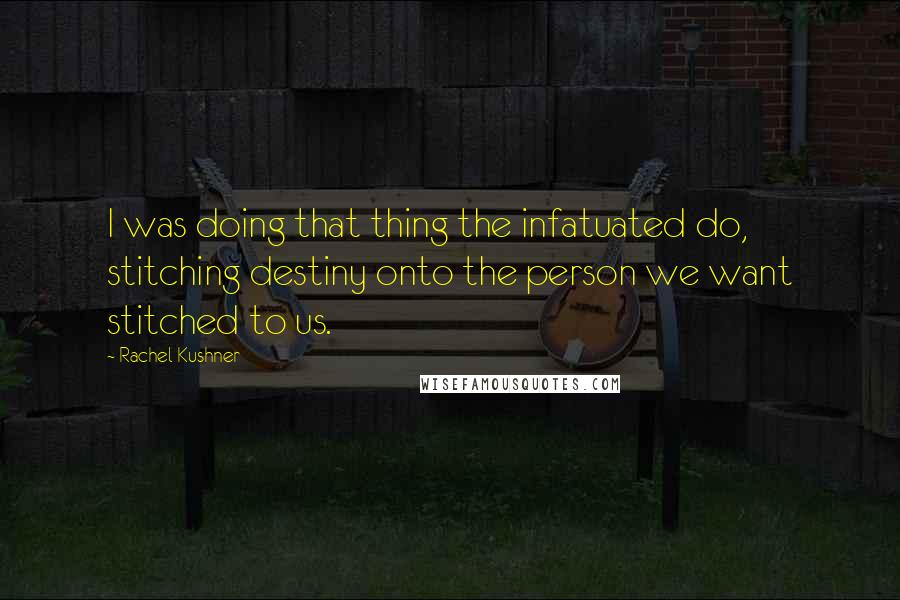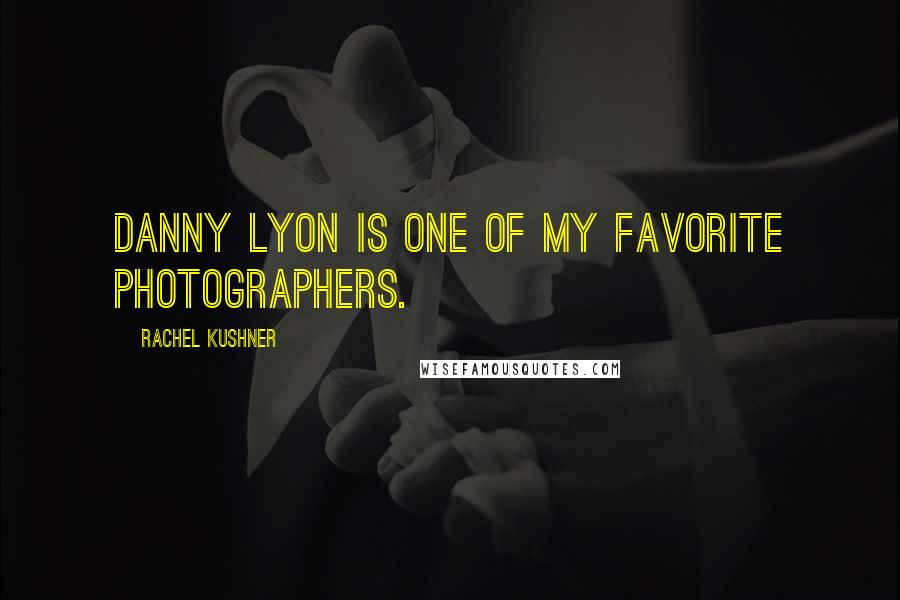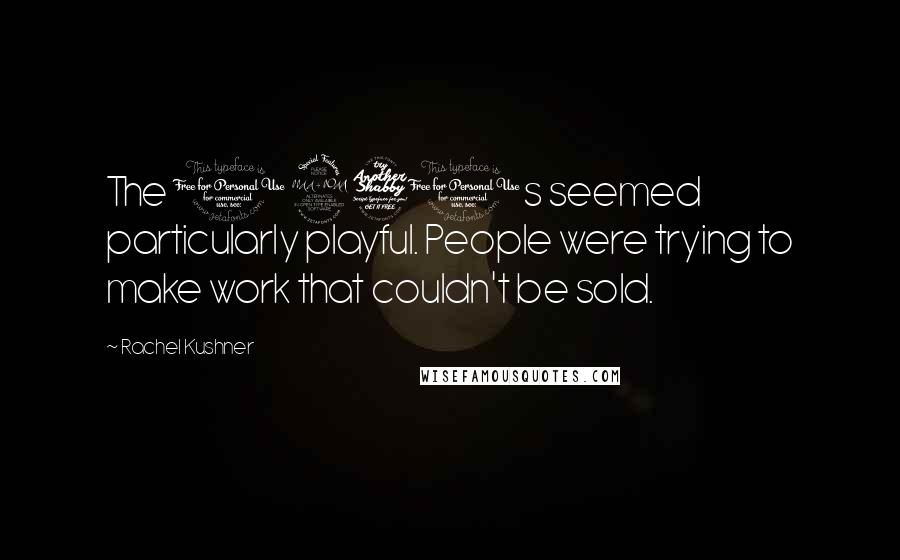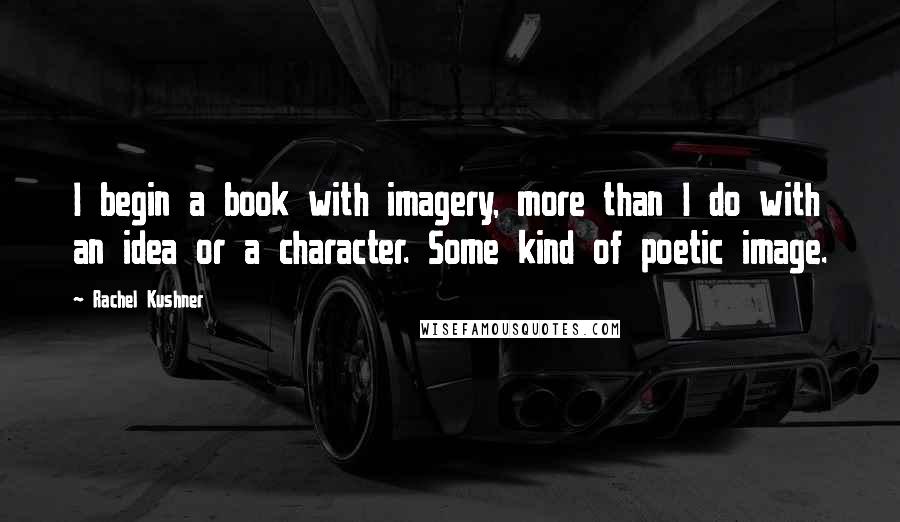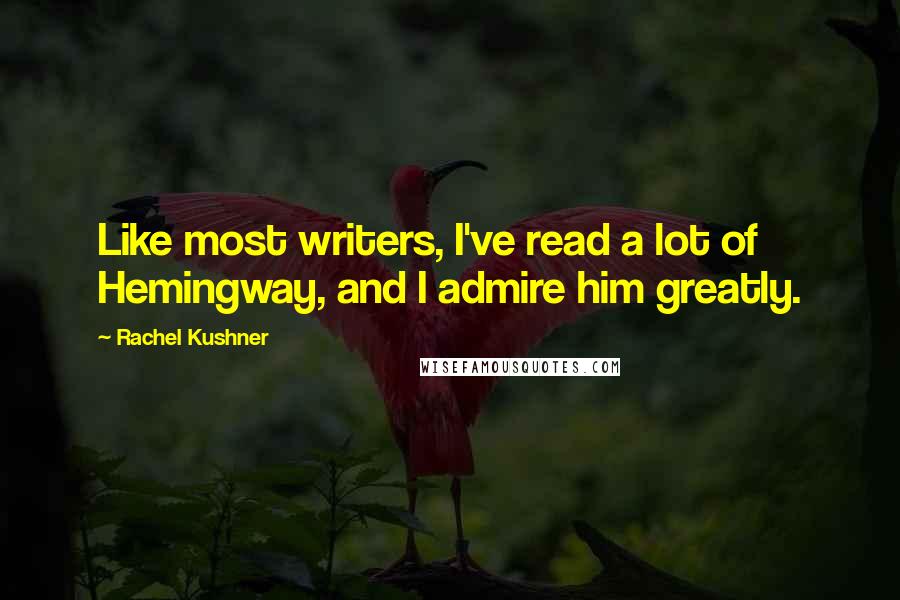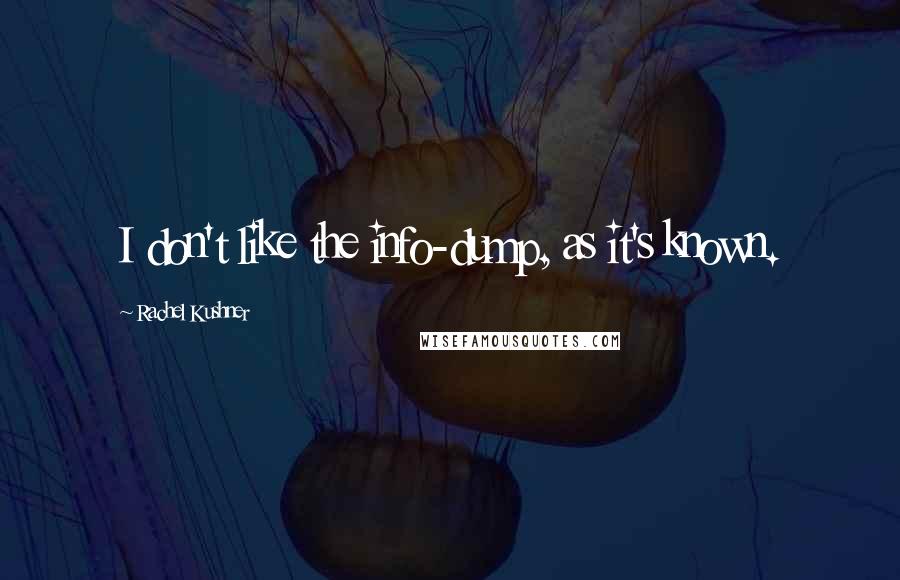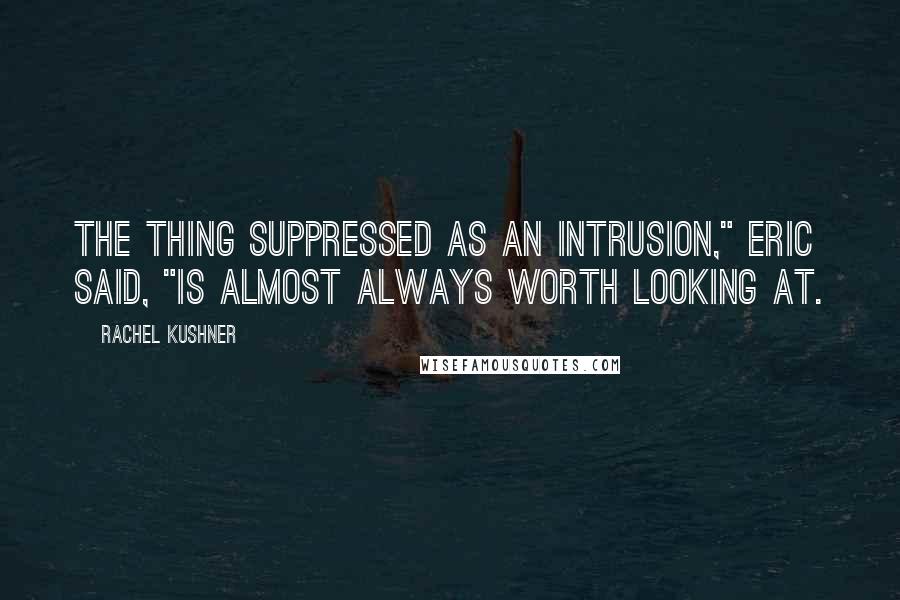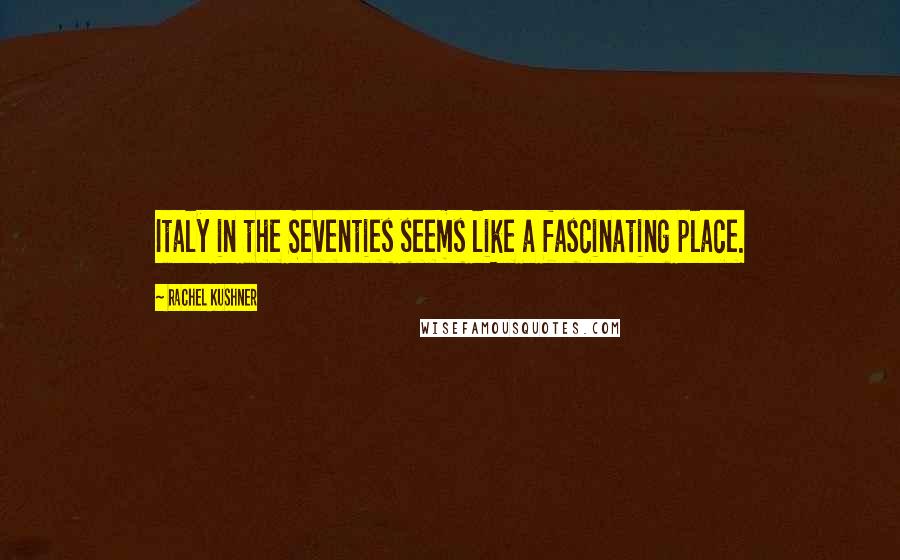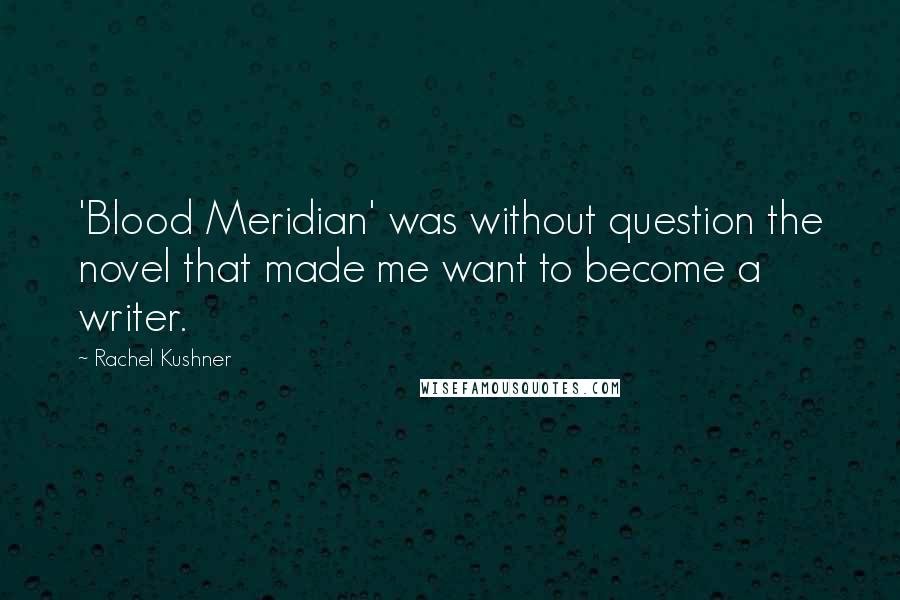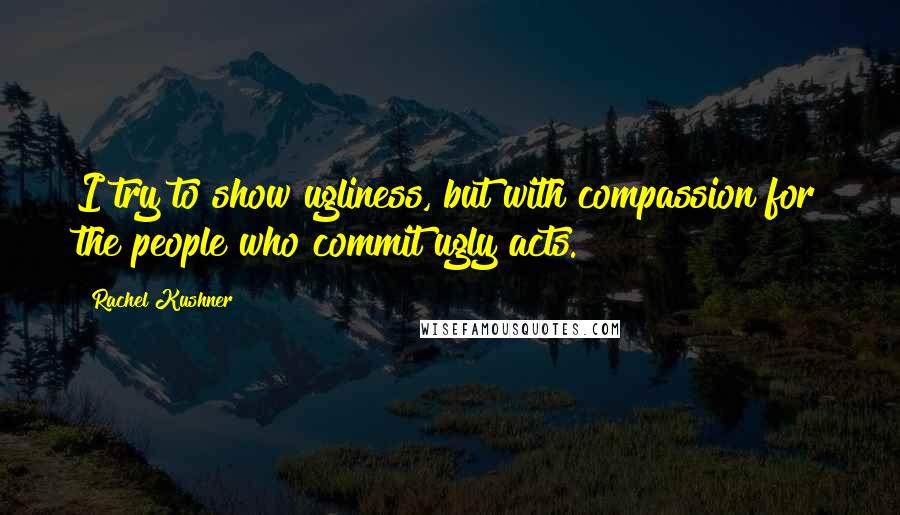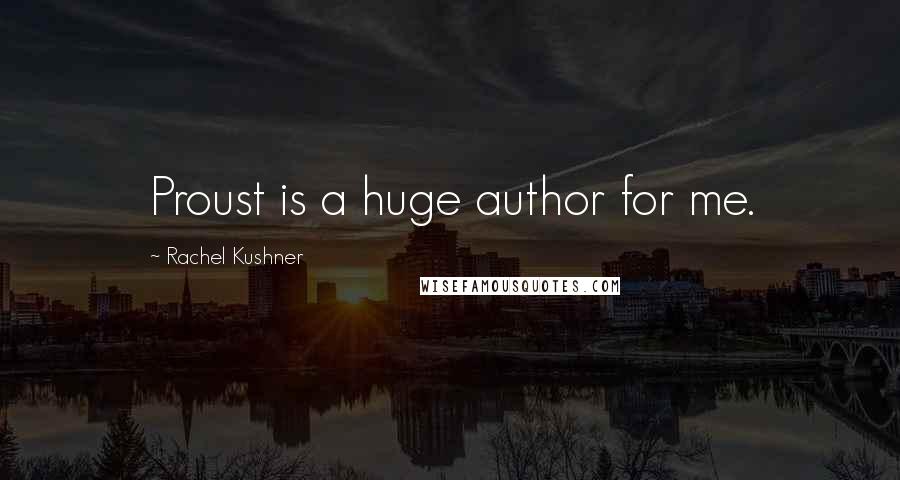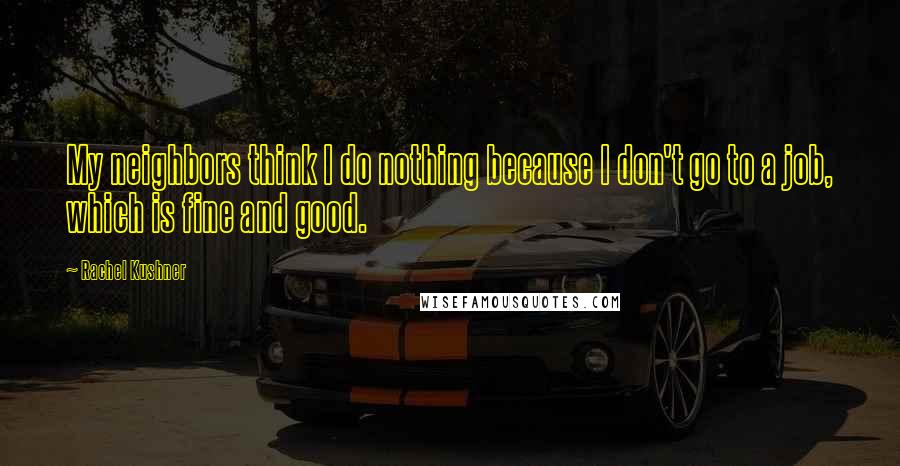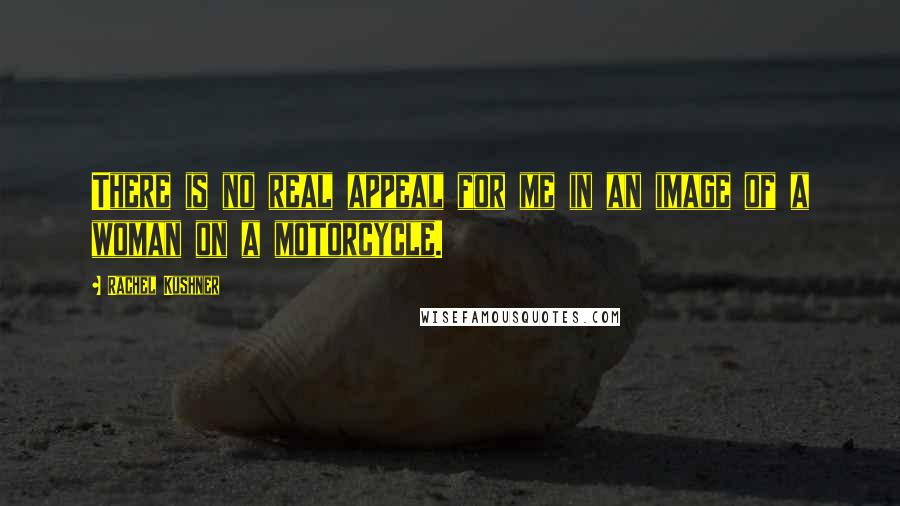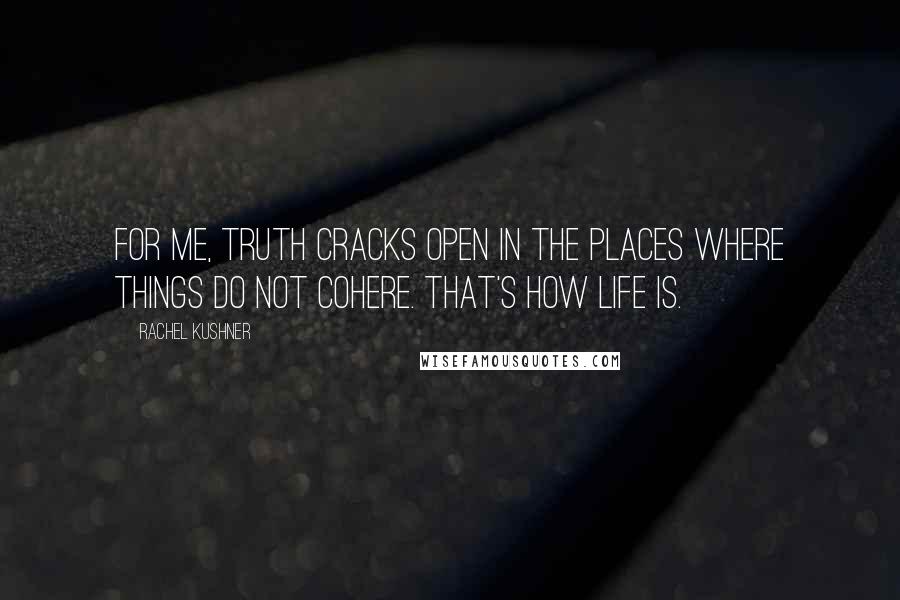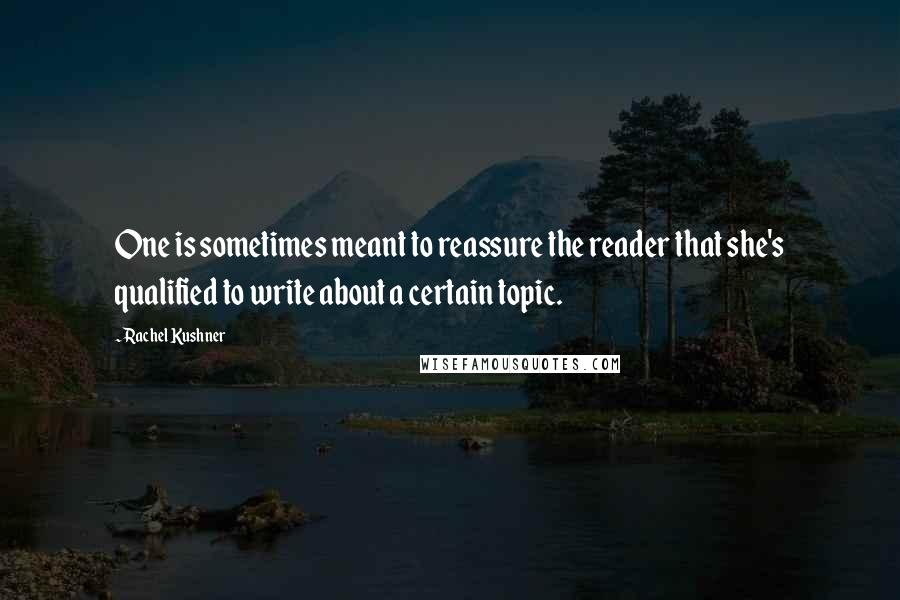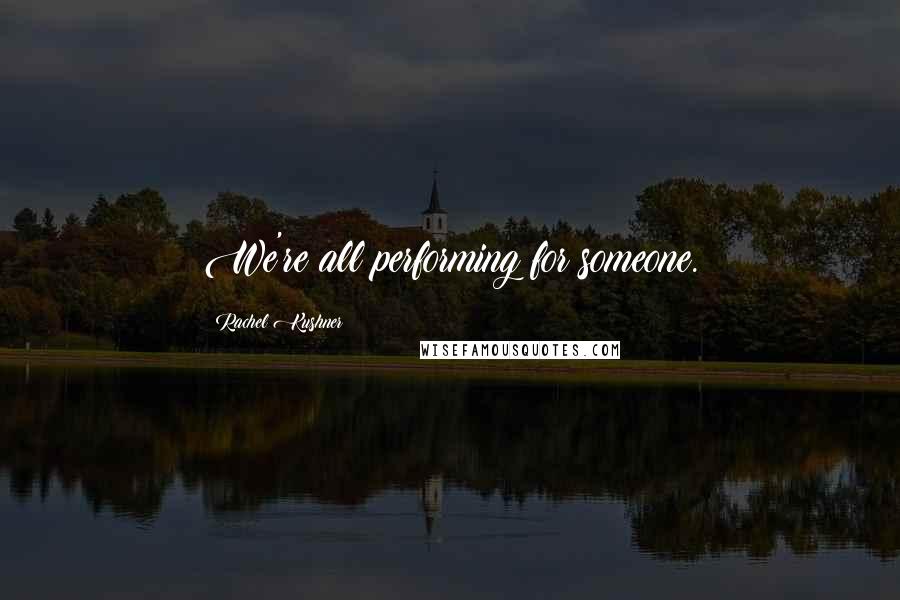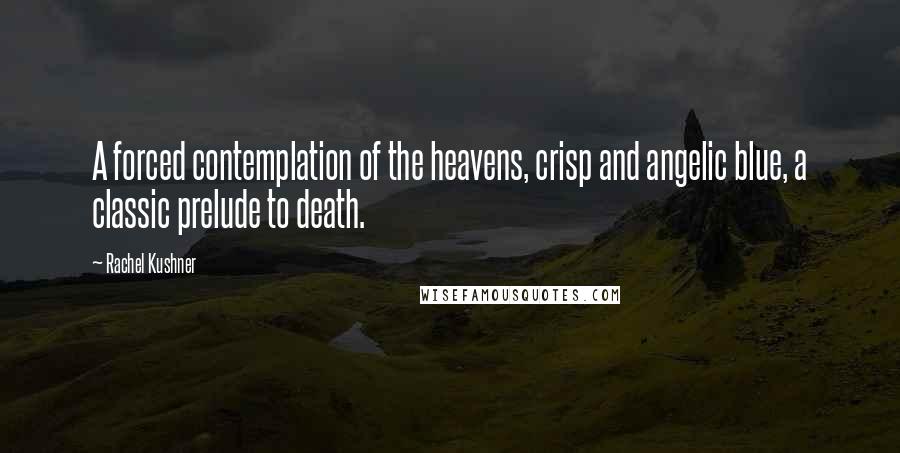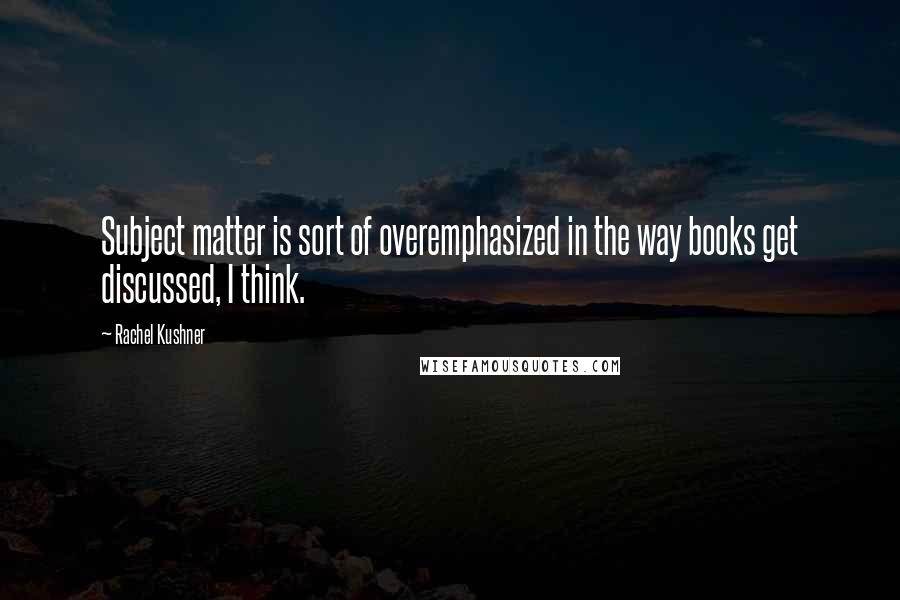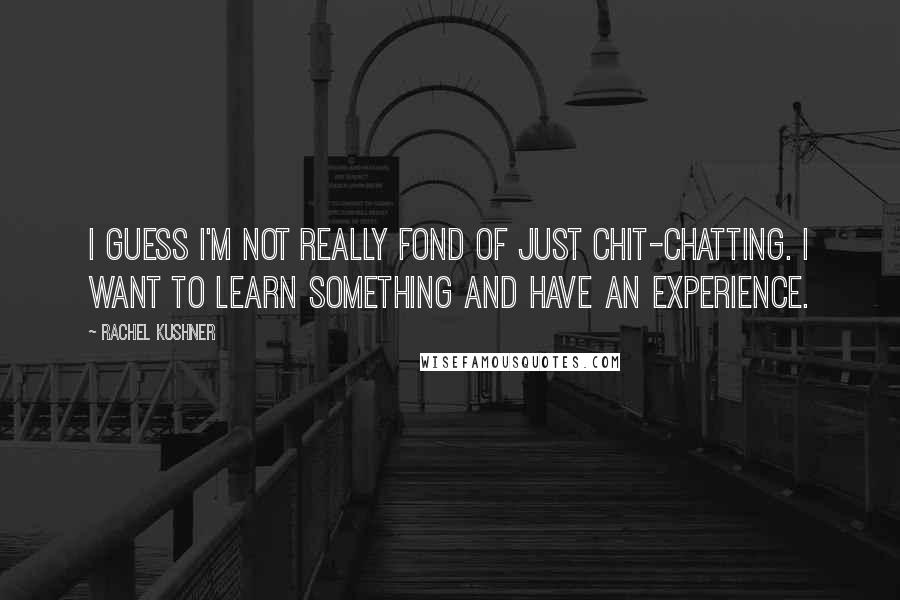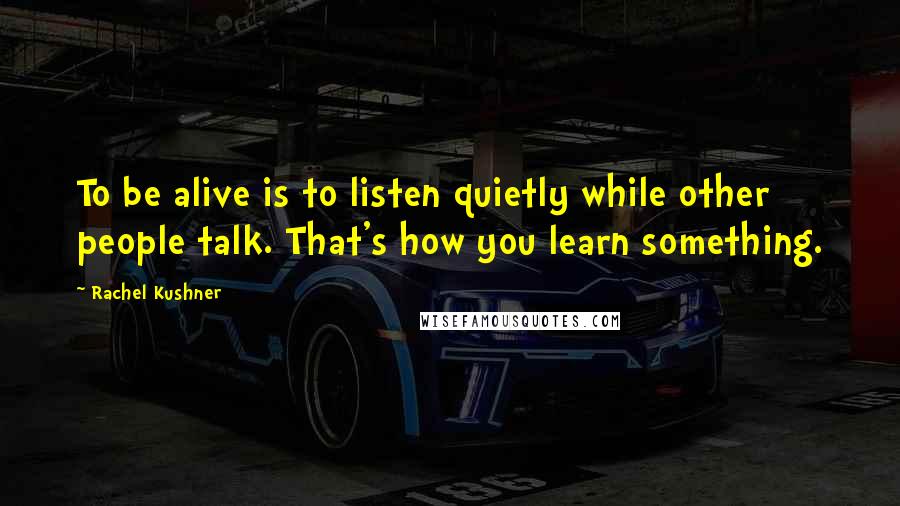Rachel Kushner Quotes
Top 88 wise famous quotes and sayings by Rachel Kushner
Rachel Kushner Famous Quotes & Sayings
Discover top inspirational quotes from Rachel Kushner on Wise Famous Quotes.
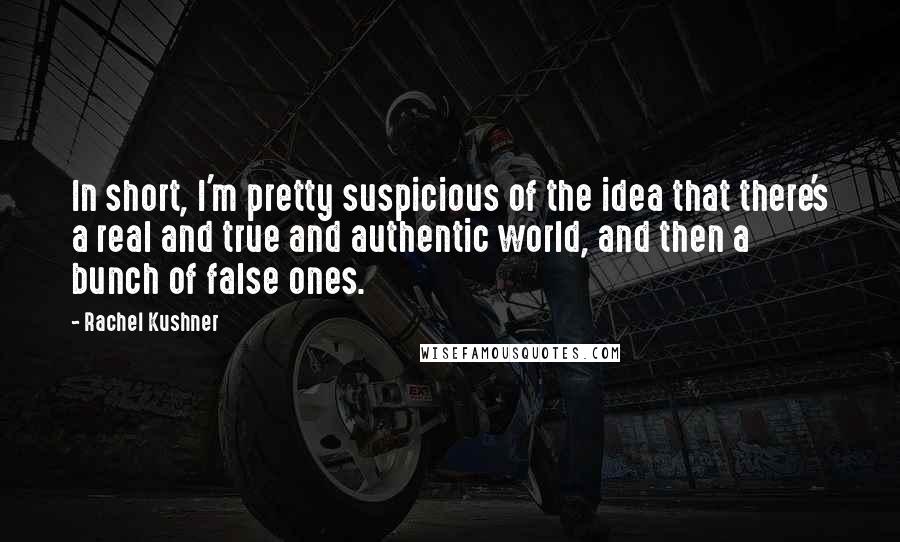 In short, I'm pretty suspicious of the idea that there's a real and true and authentic world, and then a bunch of false ones.
In short, I'm pretty suspicious of the idea that there's a real and true and authentic world, and then a bunch of false ones.
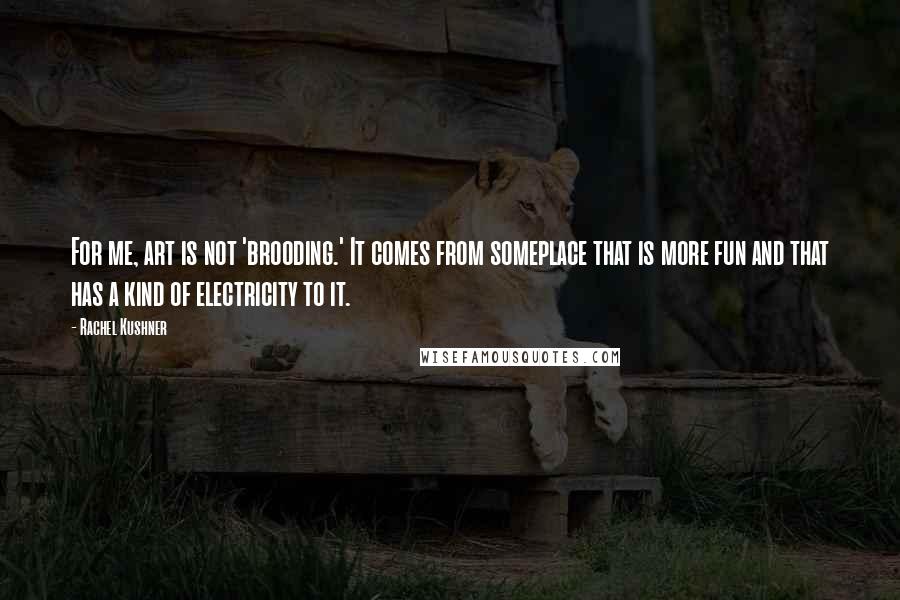 For me, art is not 'brooding.' It comes from someplace that is more fun and that has a kind of electricity to it.
For me, art is not 'brooding.' It comes from someplace that is more fun and that has a kind of electricity to it.
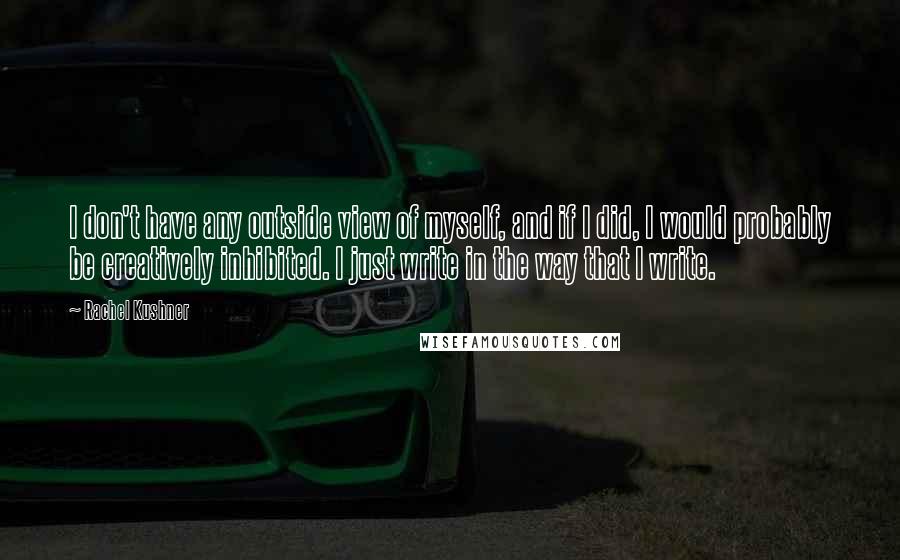 I don't have any outside view of myself, and if I did, I would probably be creatively inhibited. I just write in the way that I write.
I don't have any outside view of myself, and if I did, I would probably be creatively inhibited. I just write in the way that I write.
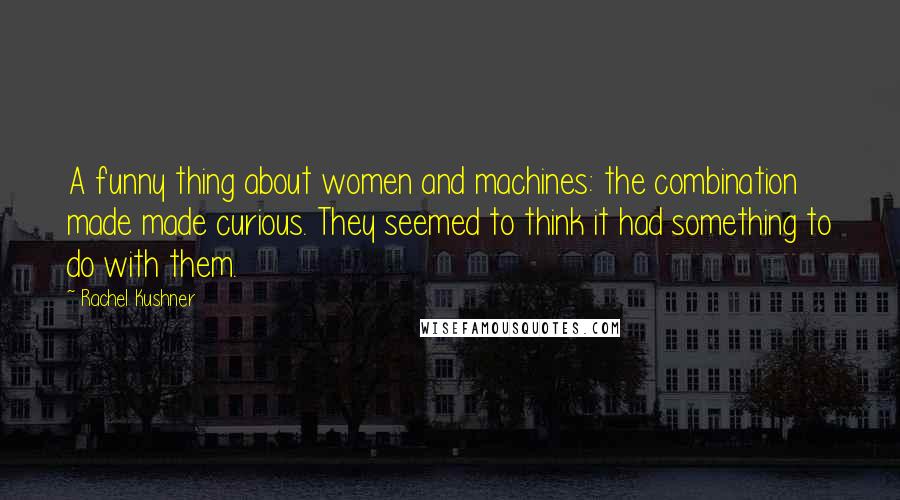 A funny thing about women and machines: the combination made made curious. They seemed to think it had something to do with them.
A funny thing about women and machines: the combination made made curious. They seemed to think it had something to do with them.
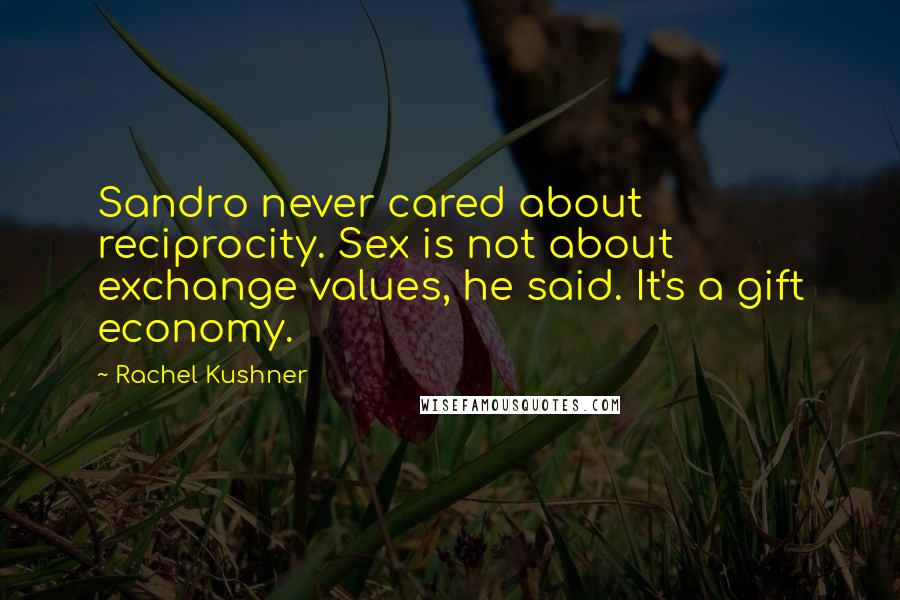 Sandro never cared about reciprocity. Sex is not about exchange values, he said. It's a gift economy.
Sandro never cared about reciprocity. Sex is not about exchange values, he said. It's a gift economy.
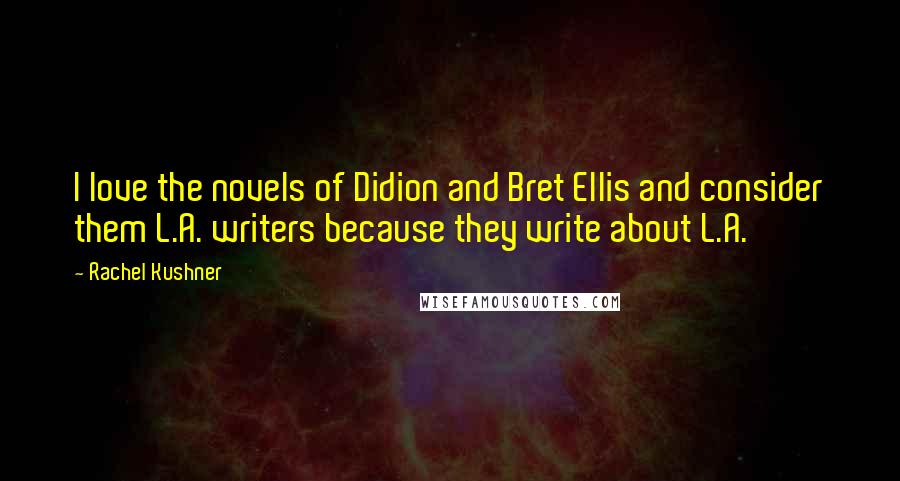 I love the novels of Didion and Bret Ellis and consider them L.A. writers because they write about L.A.
I love the novels of Didion and Bret Ellis and consider them L.A. writers because they write about L.A.
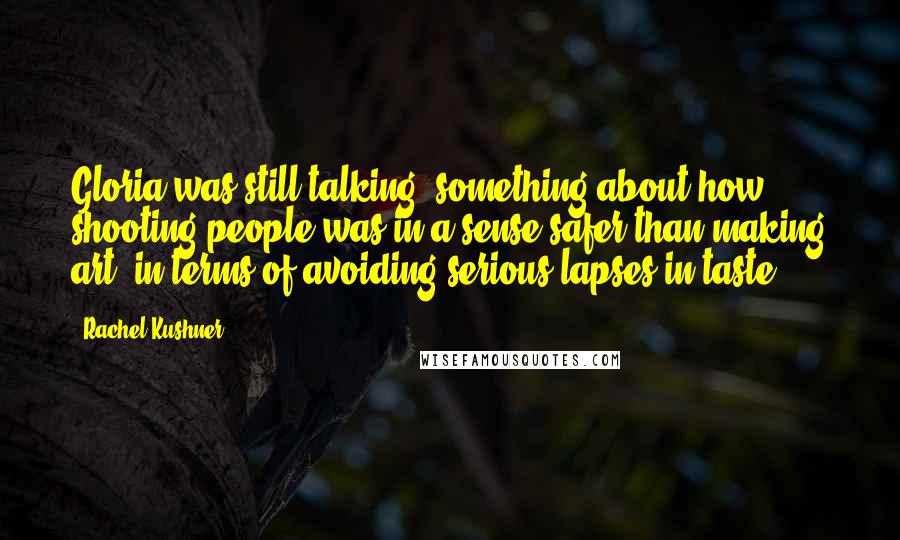 Gloria was still talking, something about how shooting people was in a sense safer than making art, in terms of avoiding serious lapses in taste.
Gloria was still talking, something about how shooting people was in a sense safer than making art, in terms of avoiding serious lapses in taste.
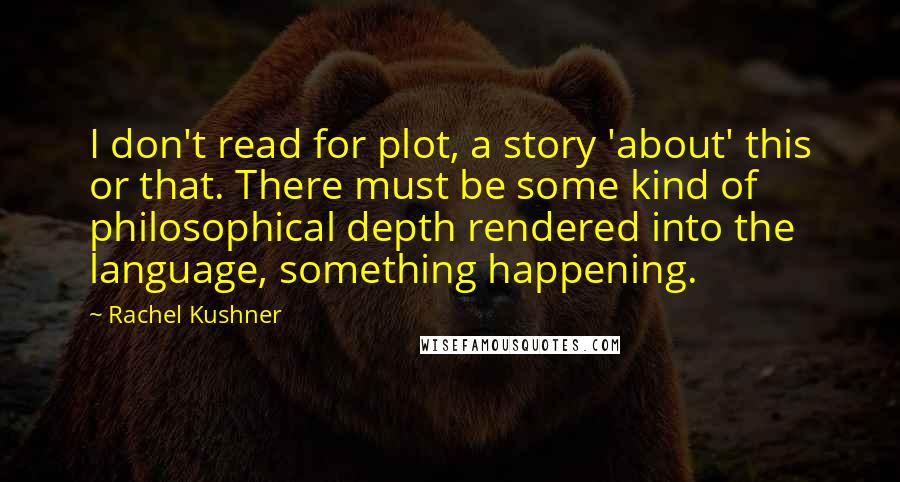 I don't read for plot, a story 'about' this or that. There must be some kind of philosophical depth rendered into the language, something happening.
I don't read for plot, a story 'about' this or that. There must be some kind of philosophical depth rendered into the language, something happening.
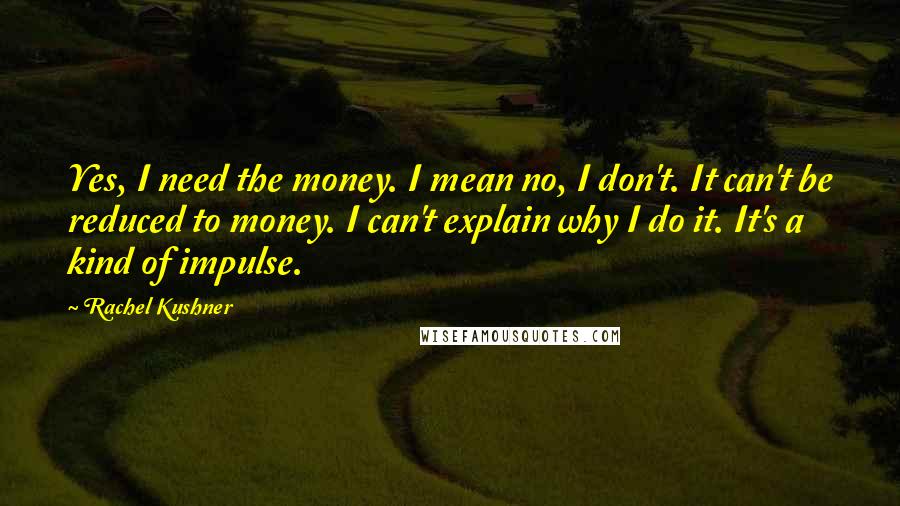 Yes, I need the money. I mean no, I don't. It can't be reduced to money. I can't explain why I do it. It's a kind of impulse.
Yes, I need the money. I mean no, I don't. It can't be reduced to money. I can't explain why I do it. It's a kind of impulse.
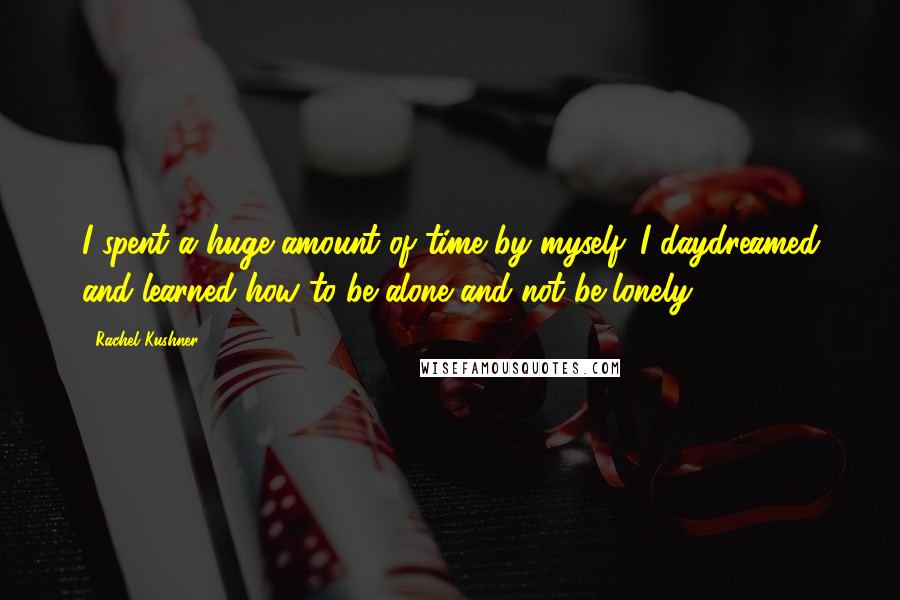 I spent a huge amount of time by myself. I daydreamed and learned how to be alone and not be lonely.
I spent a huge amount of time by myself. I daydreamed and learned how to be alone and not be lonely.
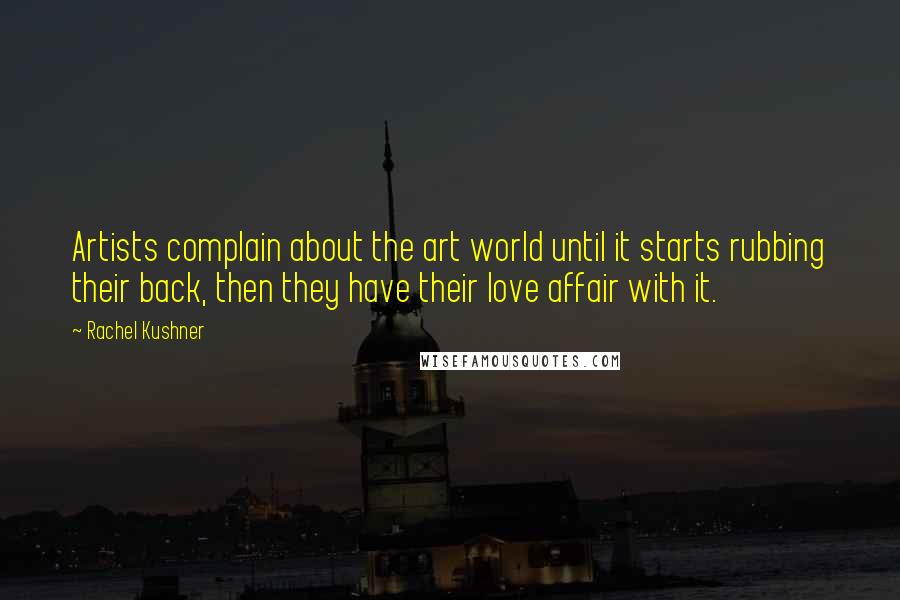 Artists complain about the art world until it starts rubbing their back, then they have their love affair with it.
Artists complain about the art world until it starts rubbing their back, then they have their love affair with it.
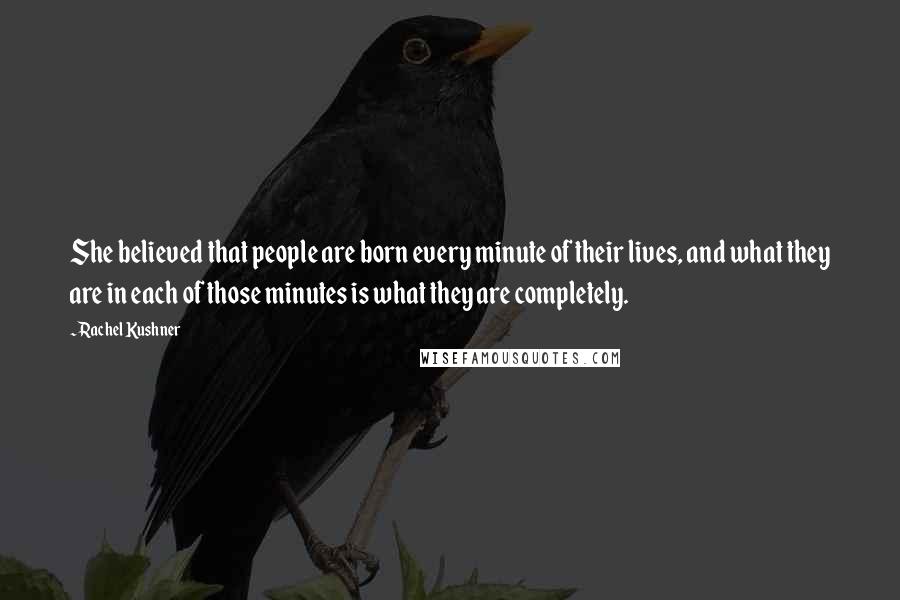 She believed that people are born every minute of their lives, and what they are in each of those minutes is what they are completely.
She believed that people are born every minute of their lives, and what they are in each of those minutes is what they are completely.
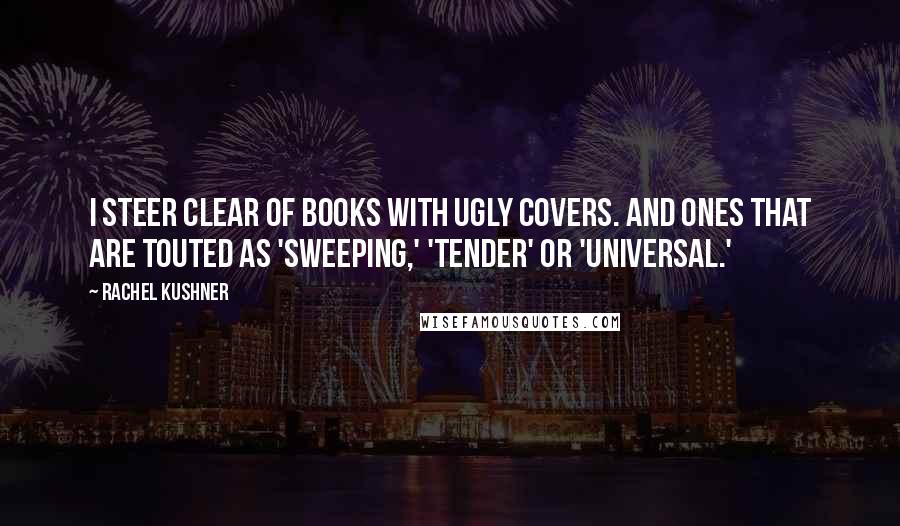 I steer clear of books with ugly covers. And ones that are touted as 'sweeping,' 'tender' or 'universal.'
I steer clear of books with ugly covers. And ones that are touted as 'sweeping,' 'tender' or 'universal.'
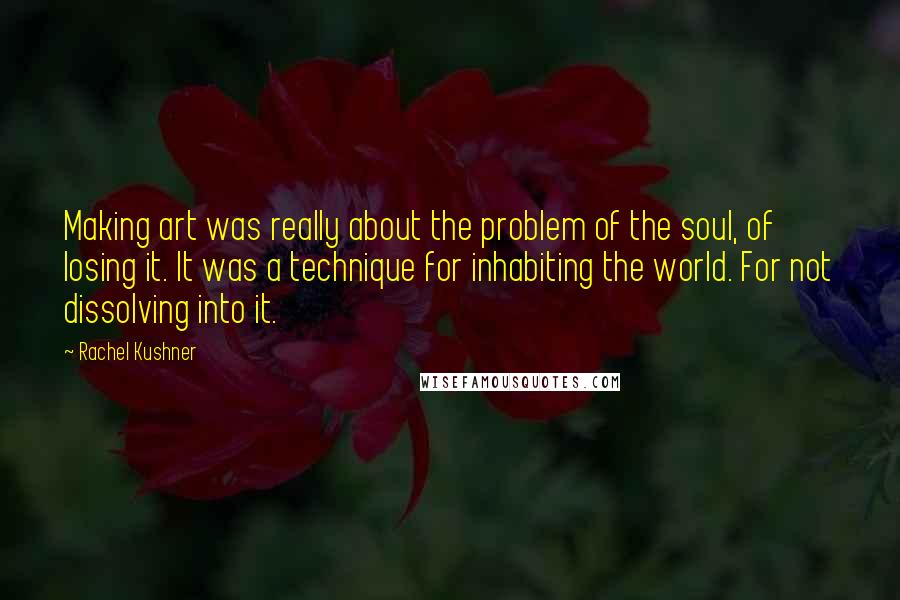 Making art was really about the problem of the soul, of losing it. It was a technique for inhabiting the world. For not dissolving into it.
Making art was really about the problem of the soul, of losing it. It was a technique for inhabiting the world. For not dissolving into it.
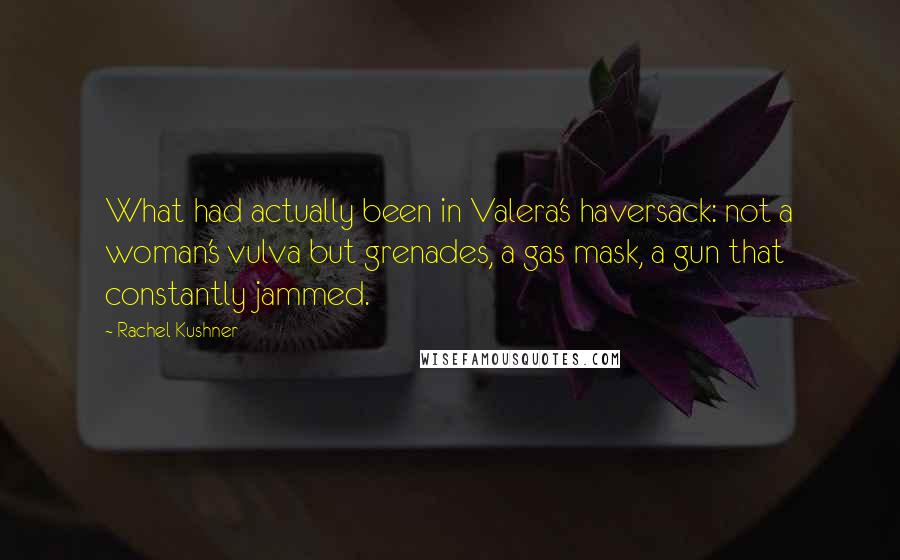 What had actually been in Valera's haversack: not a woman's vulva but grenades, a gas mask, a gun that constantly jammed.
What had actually been in Valera's haversack: not a woman's vulva but grenades, a gas mask, a gun that constantly jammed.
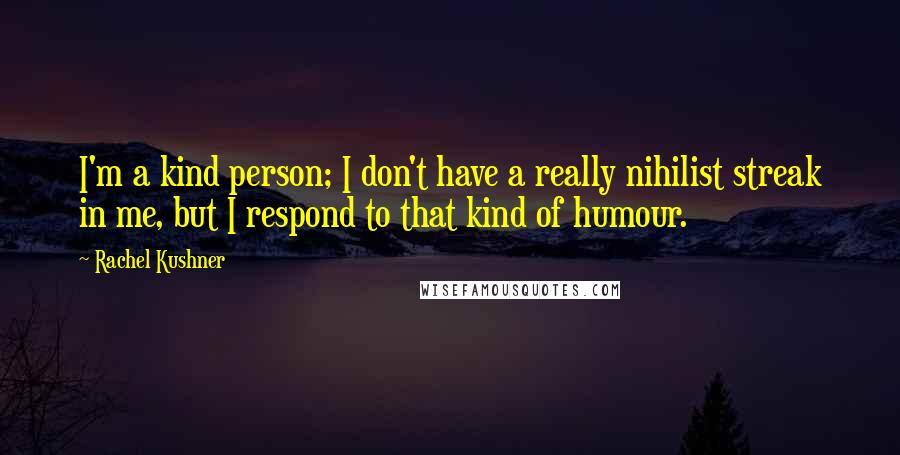 I'm a kind person; I don't have a really nihilist streak in me, but I respond to that kind of humour.
I'm a kind person; I don't have a really nihilist streak in me, but I respond to that kind of humour.
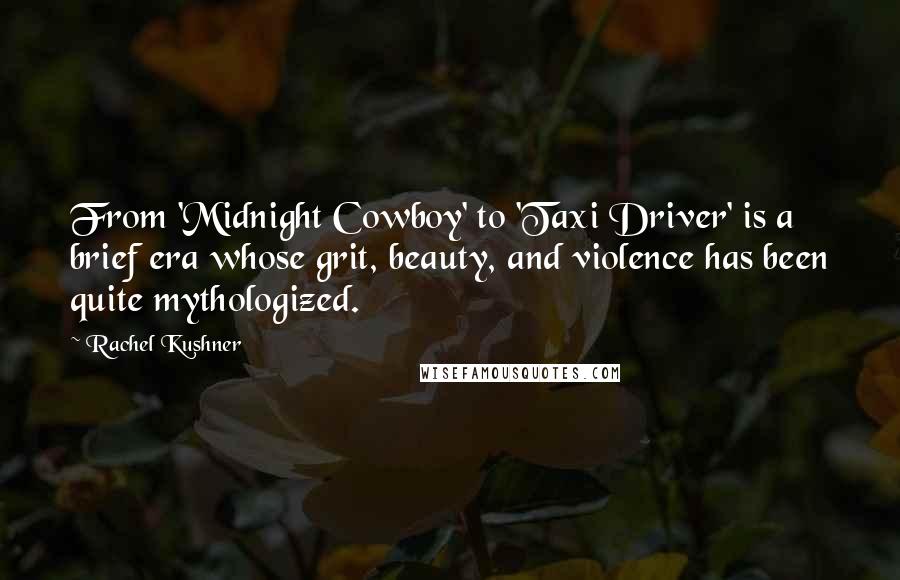 From 'Midnight Cowboy' to 'Taxi Driver' is a brief era whose grit, beauty, and violence has been quite mythologized.
From 'Midnight Cowboy' to 'Taxi Driver' is a brief era whose grit, beauty, and violence has been quite mythologized.
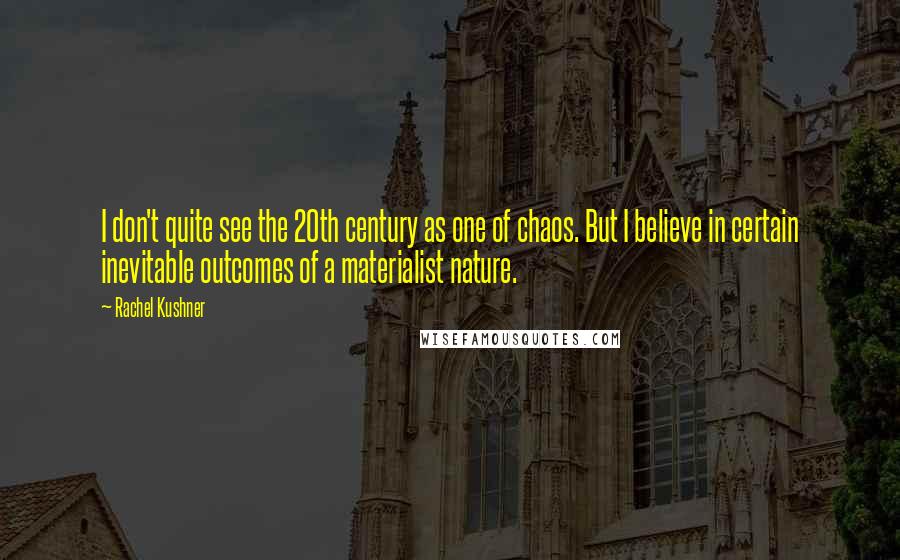 I don't quite see the 20th century as one of chaos. But I believe in certain inevitable outcomes of a materialist nature.
I don't quite see the 20th century as one of chaos. But I believe in certain inevitable outcomes of a materialist nature.
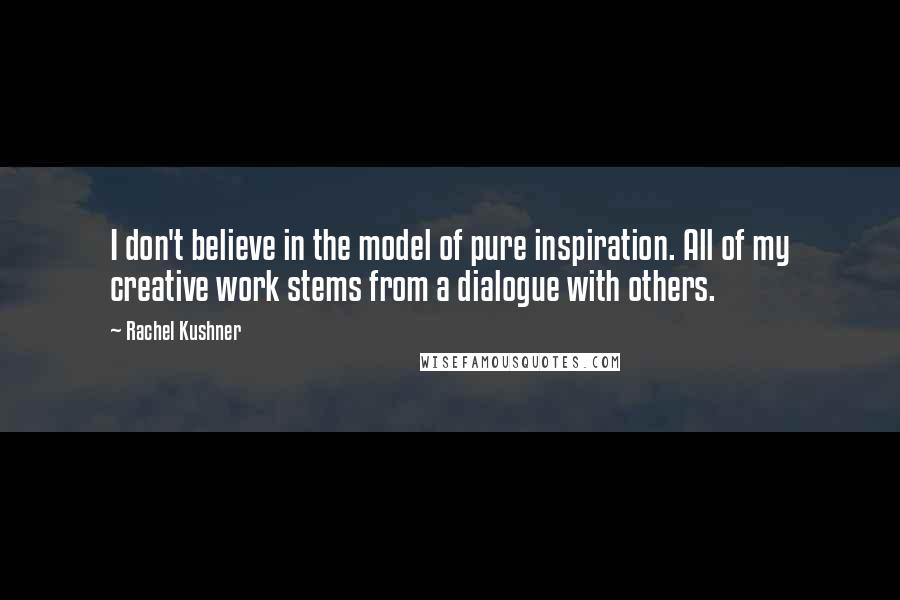 I don't believe in the model of pure inspiration. All of my creative work stems from a dialogue with others.
I don't believe in the model of pure inspiration. All of my creative work stems from a dialogue with others.
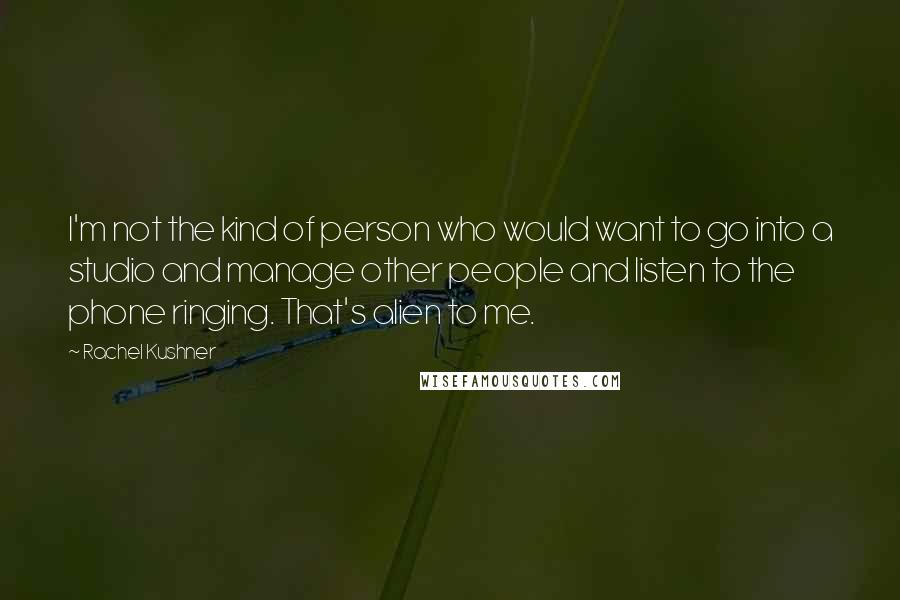 I'm not the kind of person who would want to go into a studio and manage other people and listen to the phone ringing. That's alien to me.
I'm not the kind of person who would want to go into a studio and manage other people and listen to the phone ringing. That's alien to me.
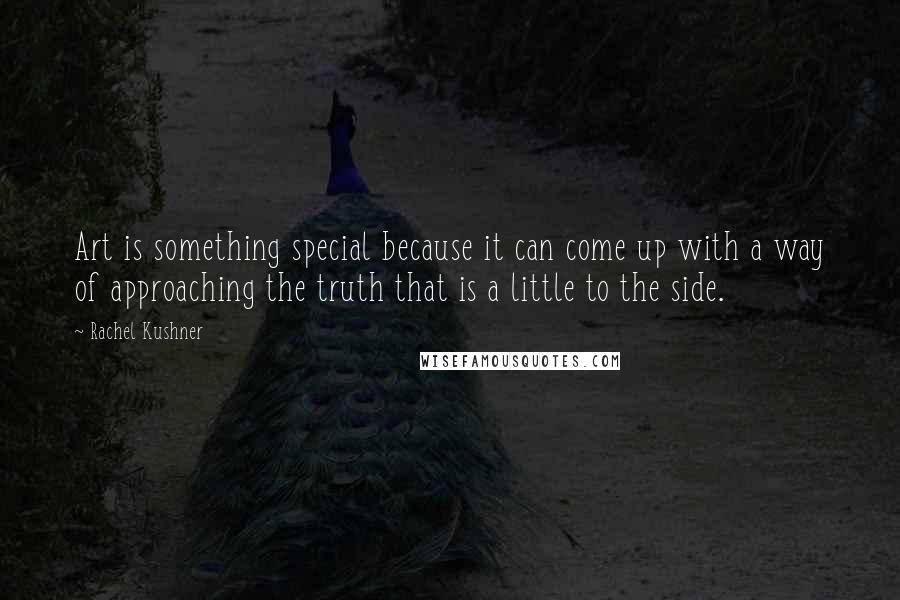 Art is something special because it can come up with a way of approaching the truth that is a little to the side.
Art is something special because it can come up with a way of approaching the truth that is a little to the side.
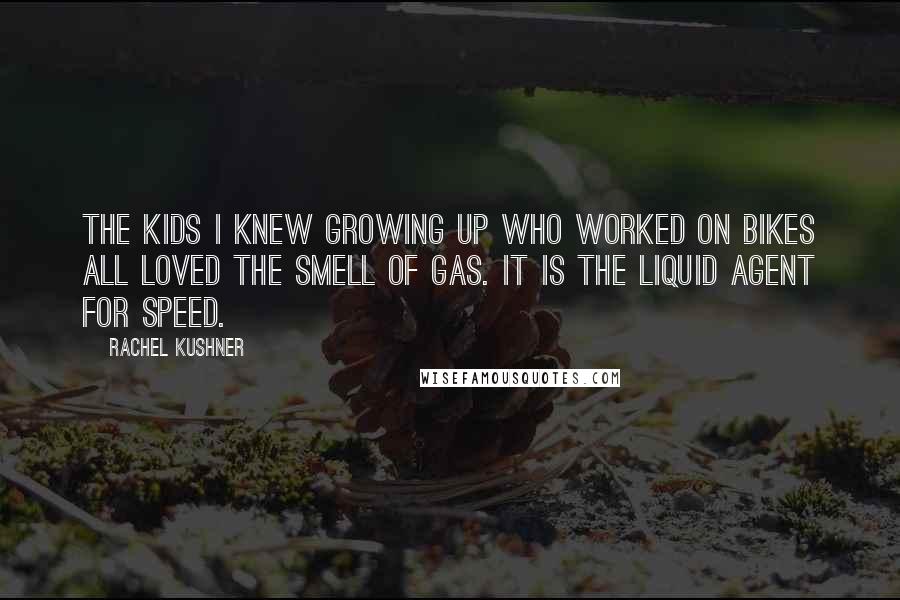 The kids I knew growing up who worked on bikes all loved the smell of gas. It is the liquid agent for speed.
The kids I knew growing up who worked on bikes all loved the smell of gas. It is the liquid agent for speed.
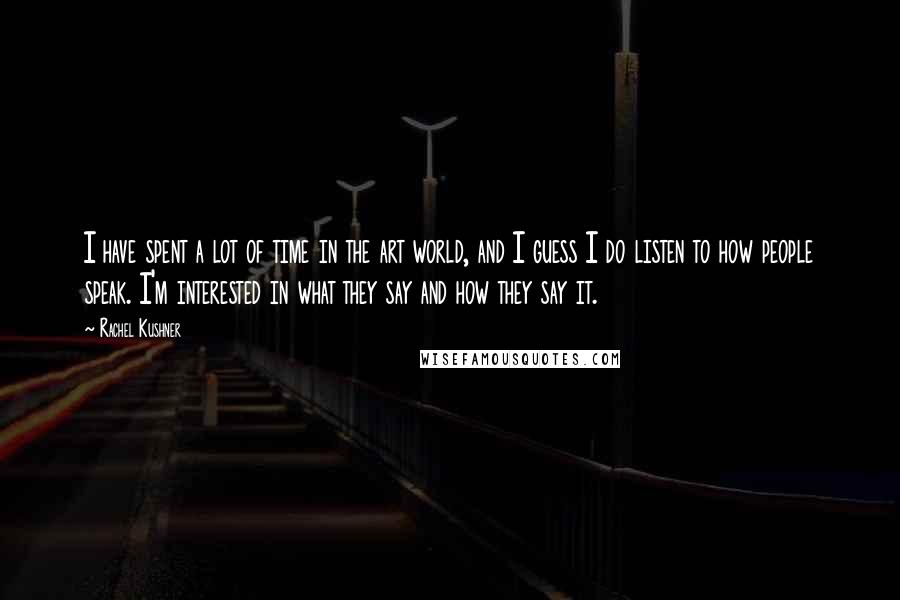 I have spent a lot of time in the art world, and I guess I do listen to how people speak. I'm interested in what they say and how they say it.
I have spent a lot of time in the art world, and I guess I do listen to how people speak. I'm interested in what they say and how they say it.
 The desire for love is universal but that has never meant it's worthy of respect. It's not admirable to want love, it just is.
The desire for love is universal but that has never meant it's worthy of respect. It's not admirable to want love, it just is.
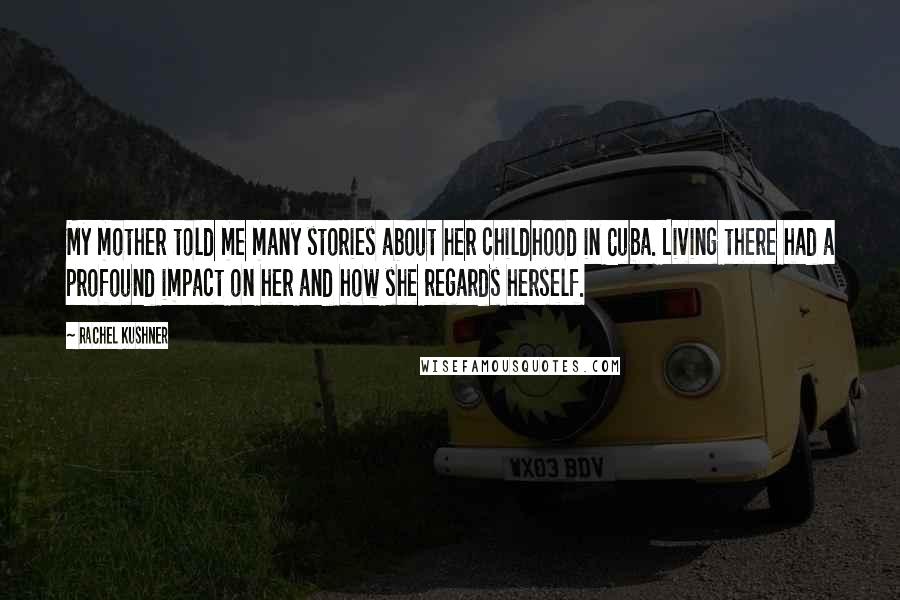 My mother told me many stories about her childhood in Cuba. Living there had a profound impact on her and how she regards herself.
My mother told me many stories about her childhood in Cuba. Living there had a profound impact on her and how she regards herself.
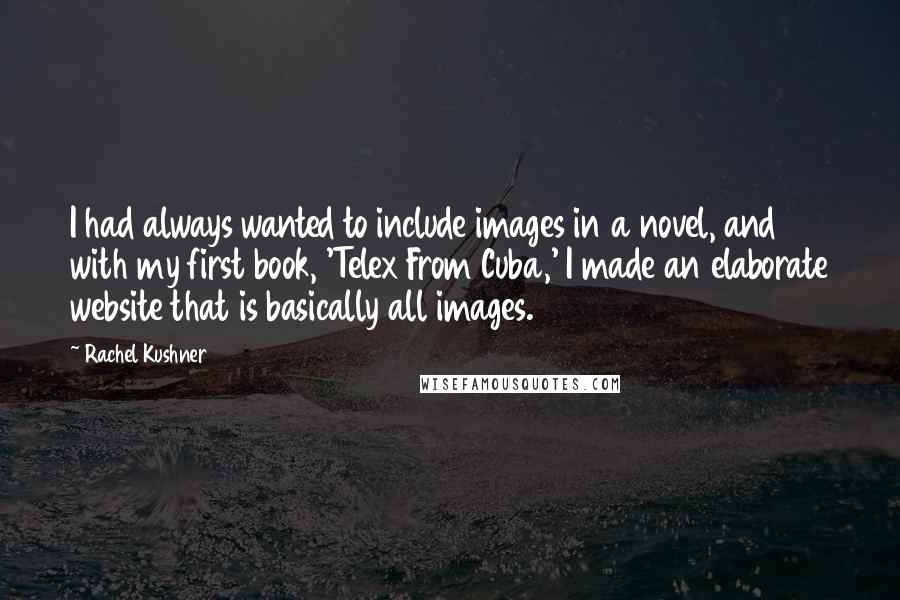 I had always wanted to include images in a novel, and with my first book, 'Telex From Cuba,' I made an elaborate website that is basically all images.
I had always wanted to include images in a novel, and with my first book, 'Telex From Cuba,' I made an elaborate website that is basically all images.
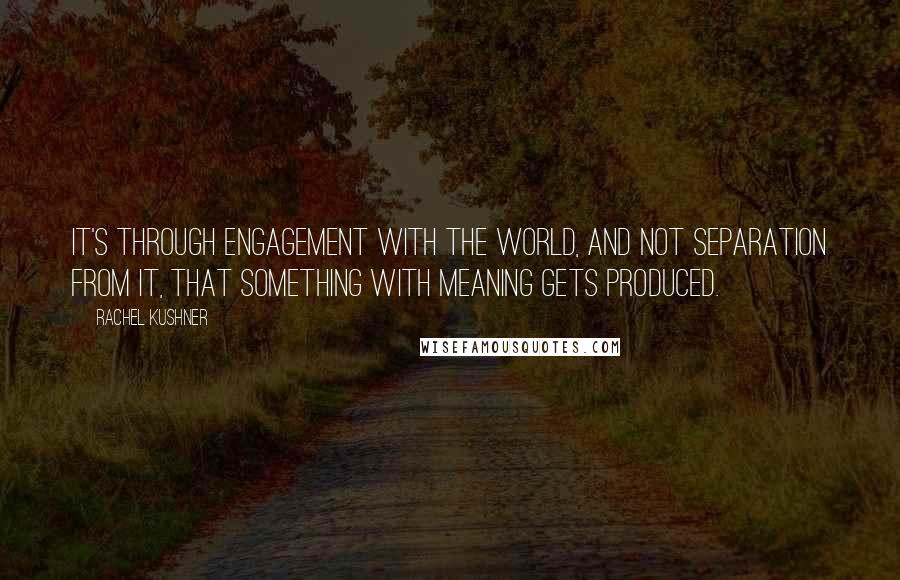 It's through engagement with the world, and not separation from it, that something with meaning gets produced.
It's through engagement with the world, and not separation from it, that something with meaning gets produced.
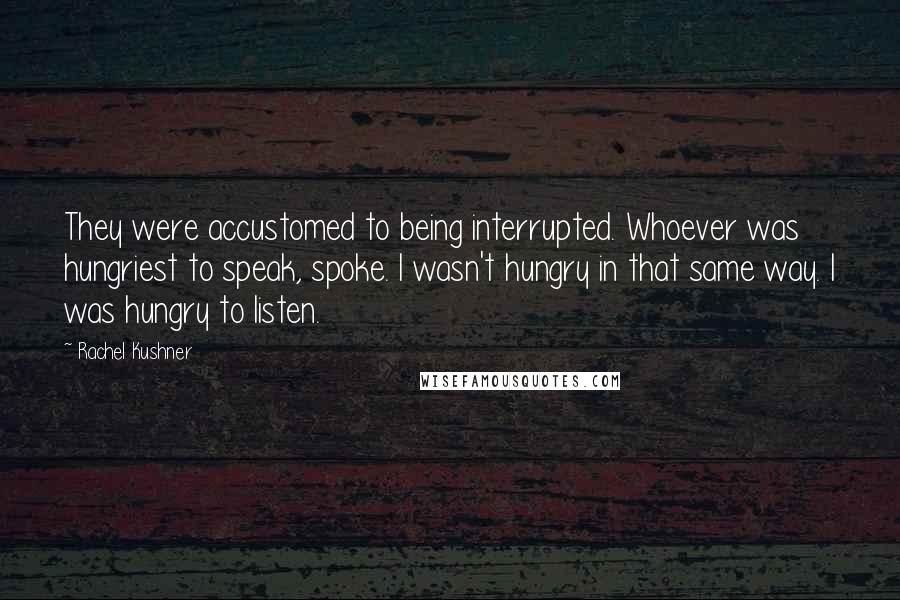 They were accustomed to being interrupted. Whoever was hungriest to speak, spoke. I wasn't hungry in that same way. I was hungry to listen.
They were accustomed to being interrupted. Whoever was hungriest to speak, spoke. I wasn't hungry in that same way. I was hungry to listen.
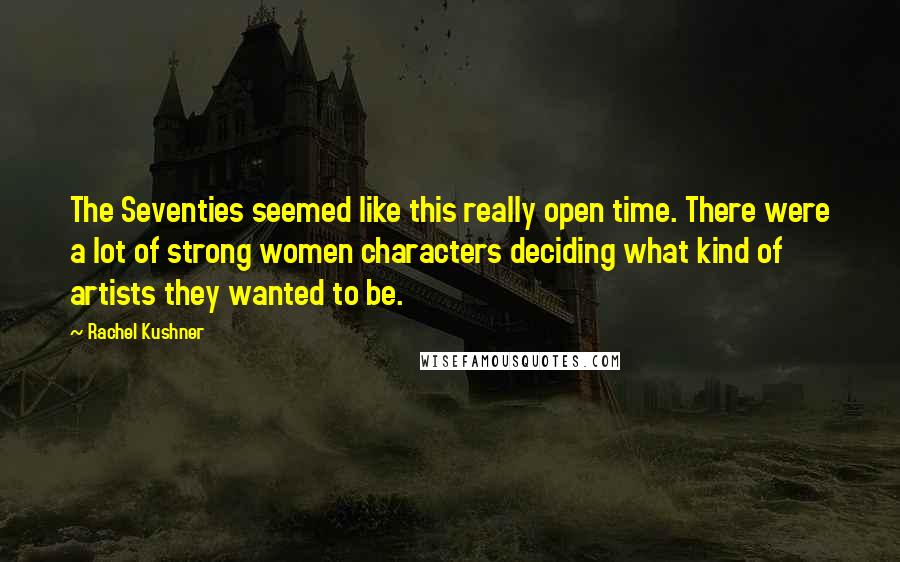 The Seventies seemed like this really open time. There were a lot of strong women characters deciding what kind of artists they wanted to be.
The Seventies seemed like this really open time. There were a lot of strong women characters deciding what kind of artists they wanted to be.
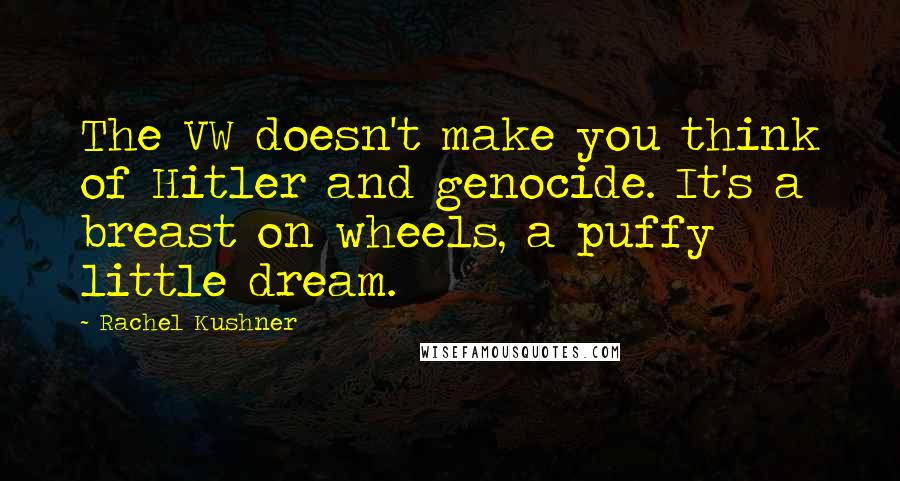 The VW doesn't make you think of Hitler and genocide. It's a breast on wheels, a puffy little dream.
The VW doesn't make you think of Hitler and genocide. It's a breast on wheels, a puffy little dream.
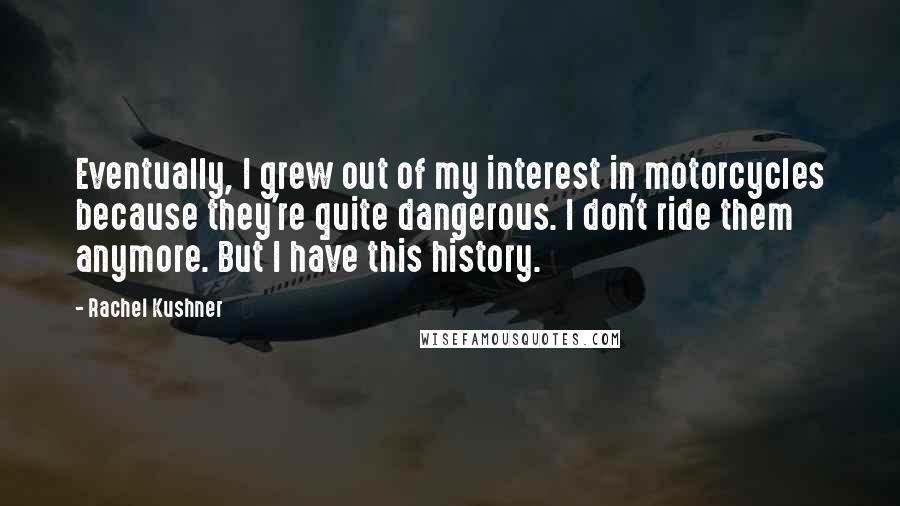 Eventually, I grew out of my interest in motorcycles because they're quite dangerous. I don't ride them anymore. But I have this history.
Eventually, I grew out of my interest in motorcycles because they're quite dangerous. I don't ride them anymore. But I have this history.
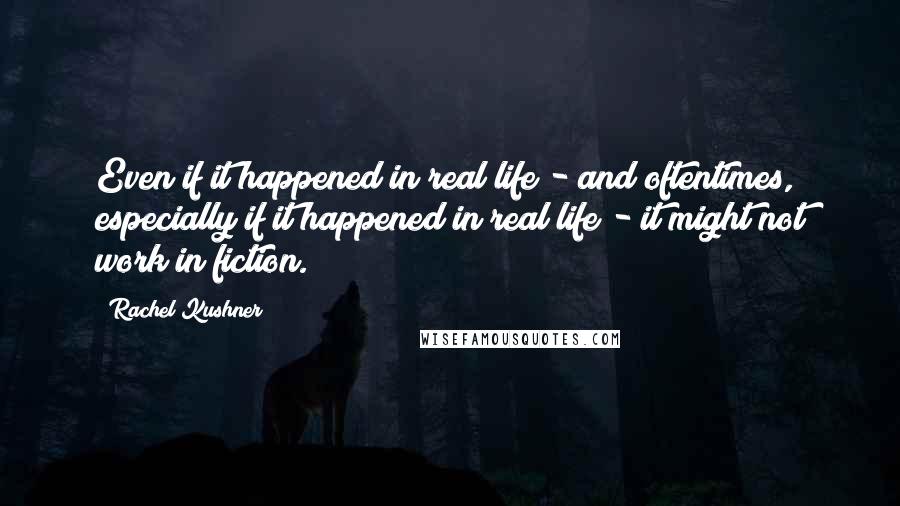 Even if it happened in real life - and oftentimes, especially if it happened in real life - it might not work in fiction.
Even if it happened in real life - and oftentimes, especially if it happened in real life - it might not work in fiction.
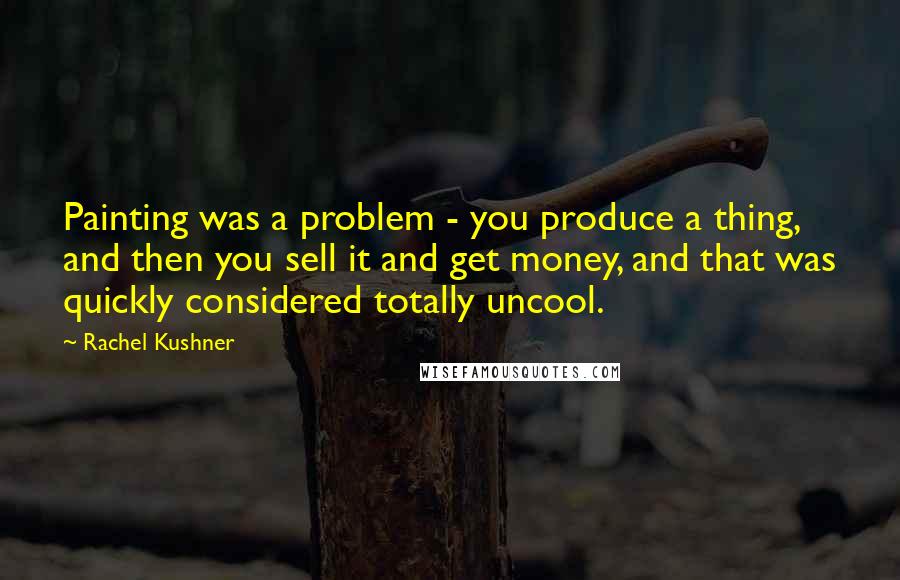 Painting was a problem - you produce a thing, and then you sell it and get money, and that was quickly considered totally uncool.
Painting was a problem - you produce a thing, and then you sell it and get money, and that was quickly considered totally uncool.
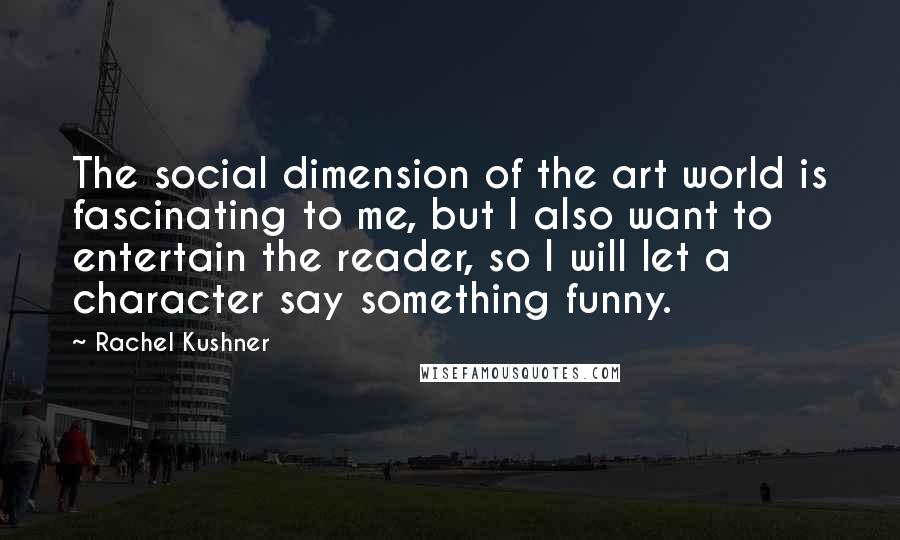 The social dimension of the art world is fascinating to me, but I also want to entertain the reader, so I will let a character say something funny.
The social dimension of the art world is fascinating to me, but I also want to entertain the reader, so I will let a character say something funny.
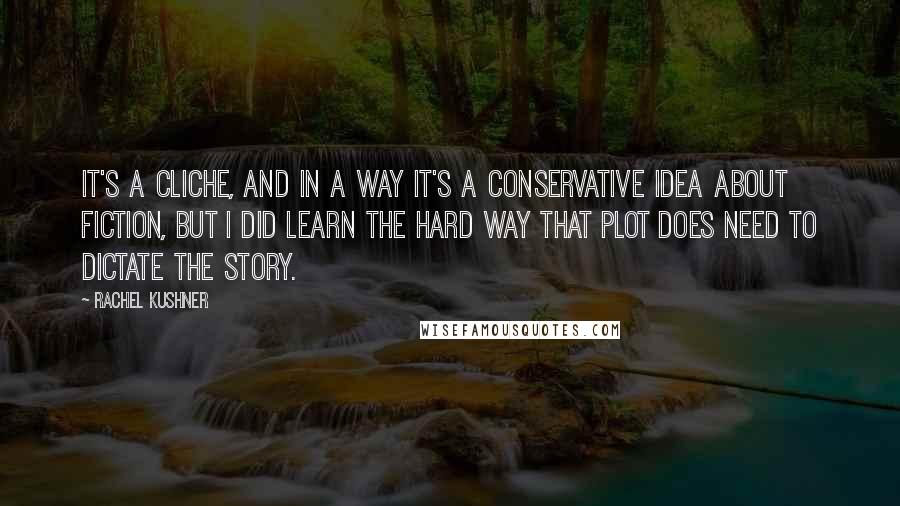 It's a cliche, and in a way it's a conservative idea about fiction, but I did learn the hard way that plot does need to dictate the story.
It's a cliche, and in a way it's a conservative idea about fiction, but I did learn the hard way that plot does need to dictate the story.
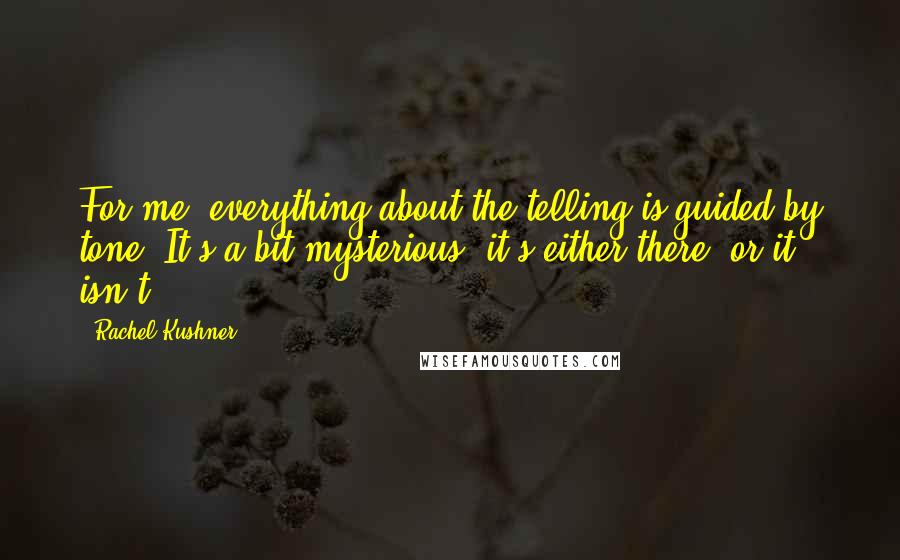 For me, everything about the telling is guided by tone. It's a bit mysterious; it's either there, or it isn't.
For me, everything about the telling is guided by tone. It's a bit mysterious; it's either there, or it isn't.
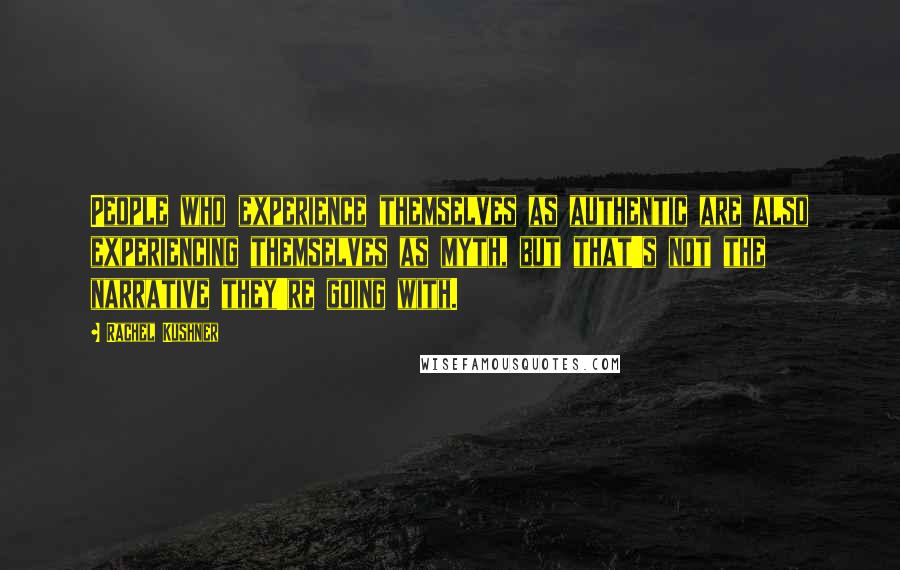 People who experience themselves as authentic are also experiencing themselves as myth, but that's not the narrative they're going with.
People who experience themselves as authentic are also experiencing themselves as myth, but that's not the narrative they're going with.
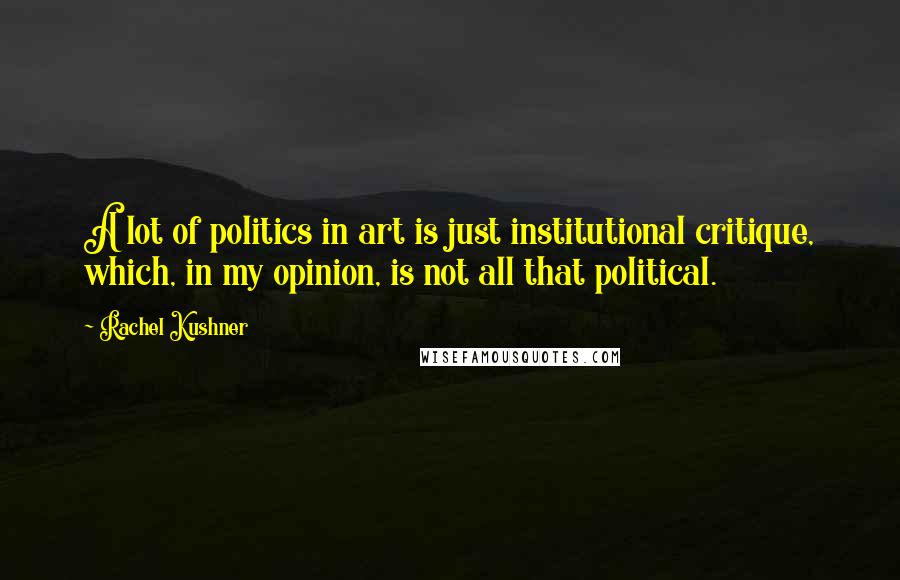 A lot of politics in art is just institutional critique, which, in my opinion, is not all that political.
A lot of politics in art is just institutional critique, which, in my opinion, is not all that political.
